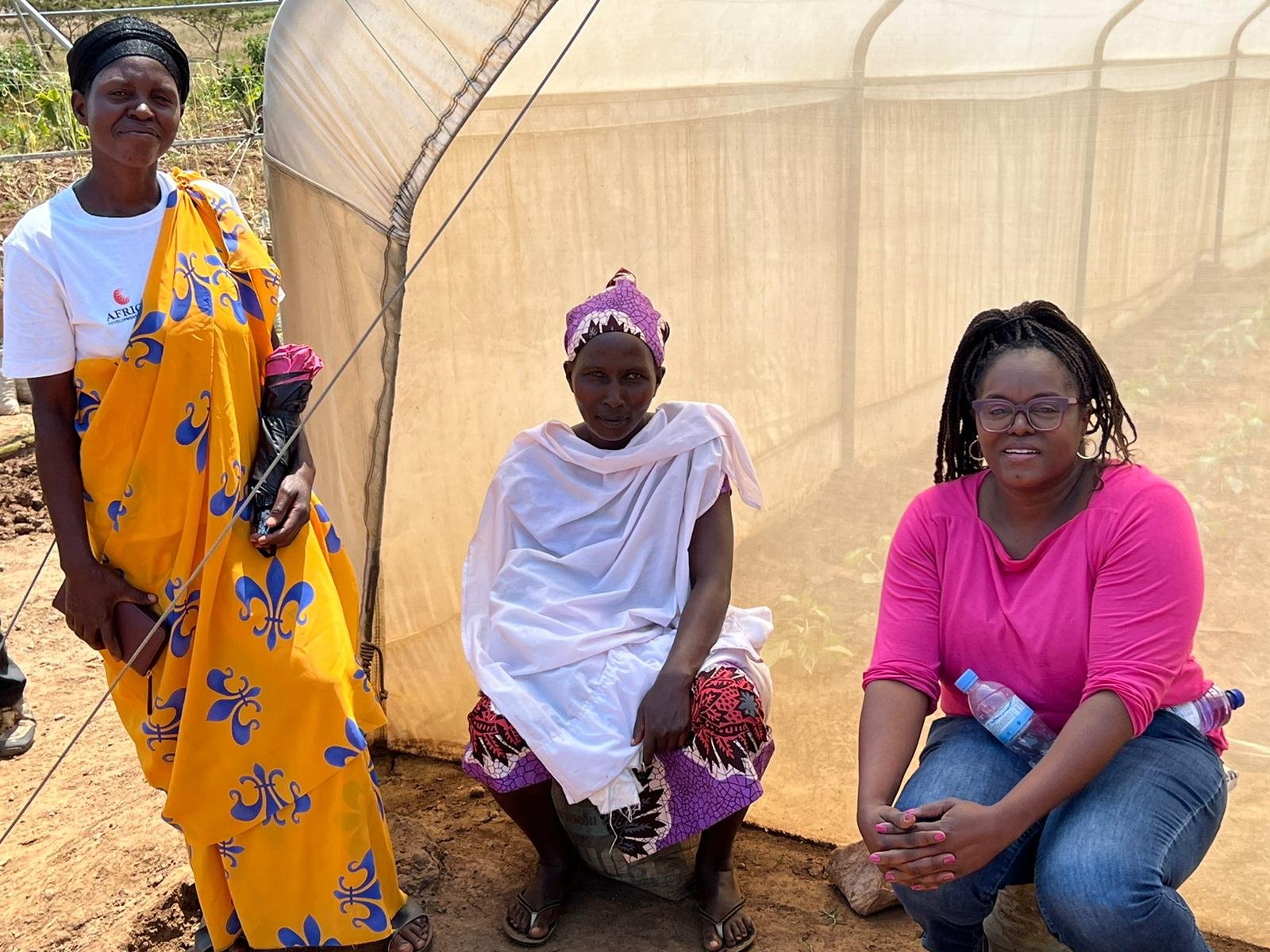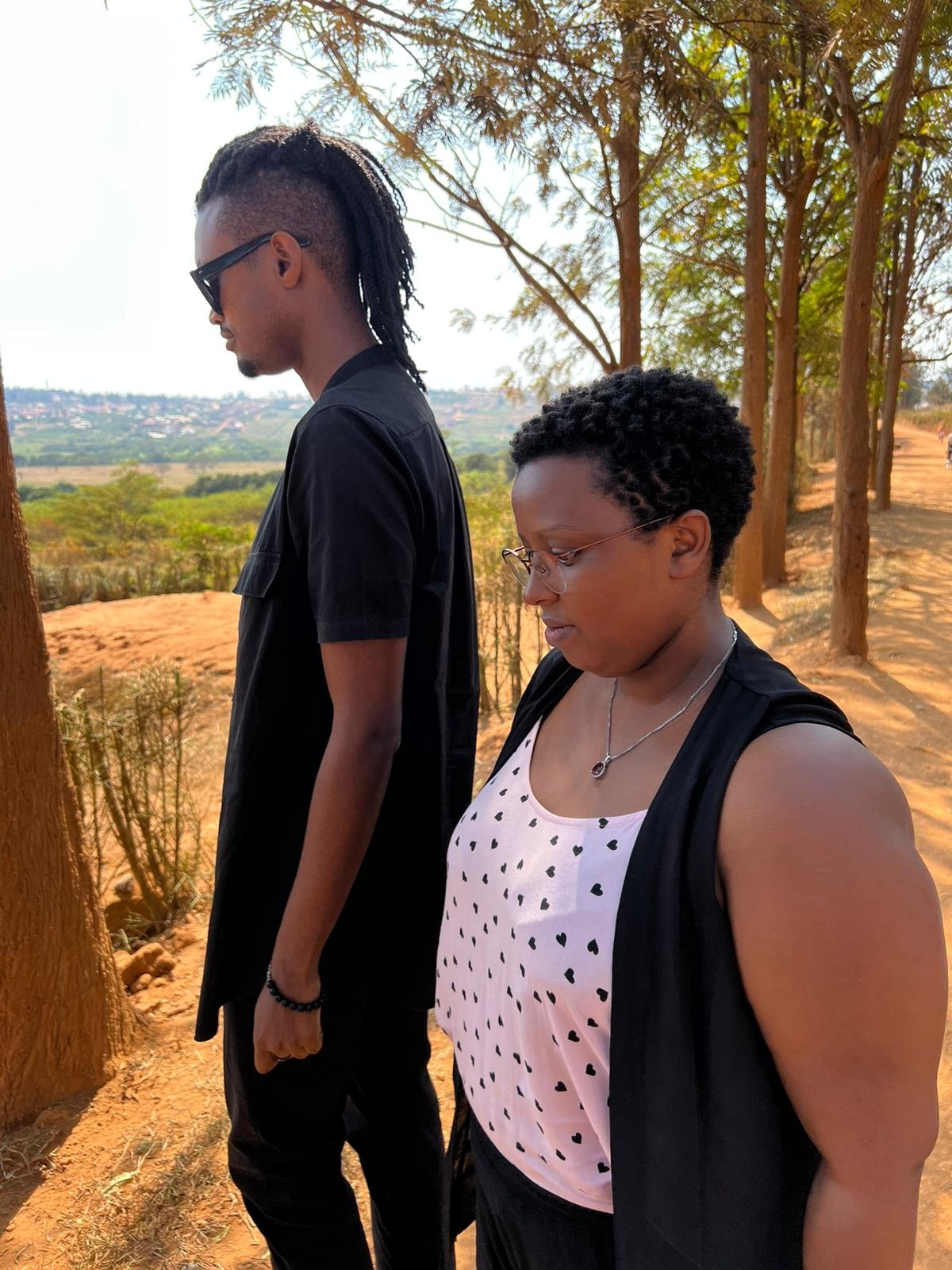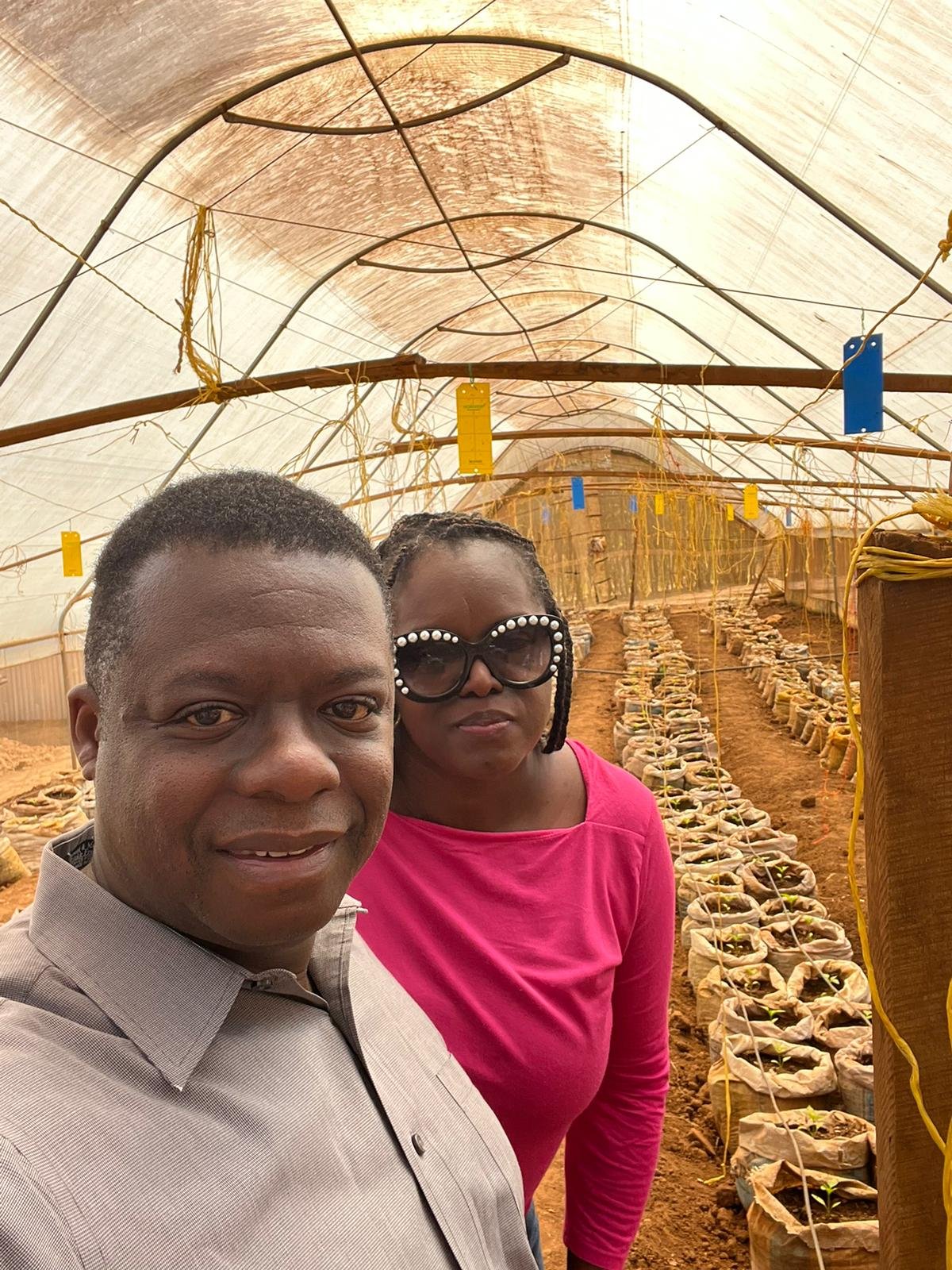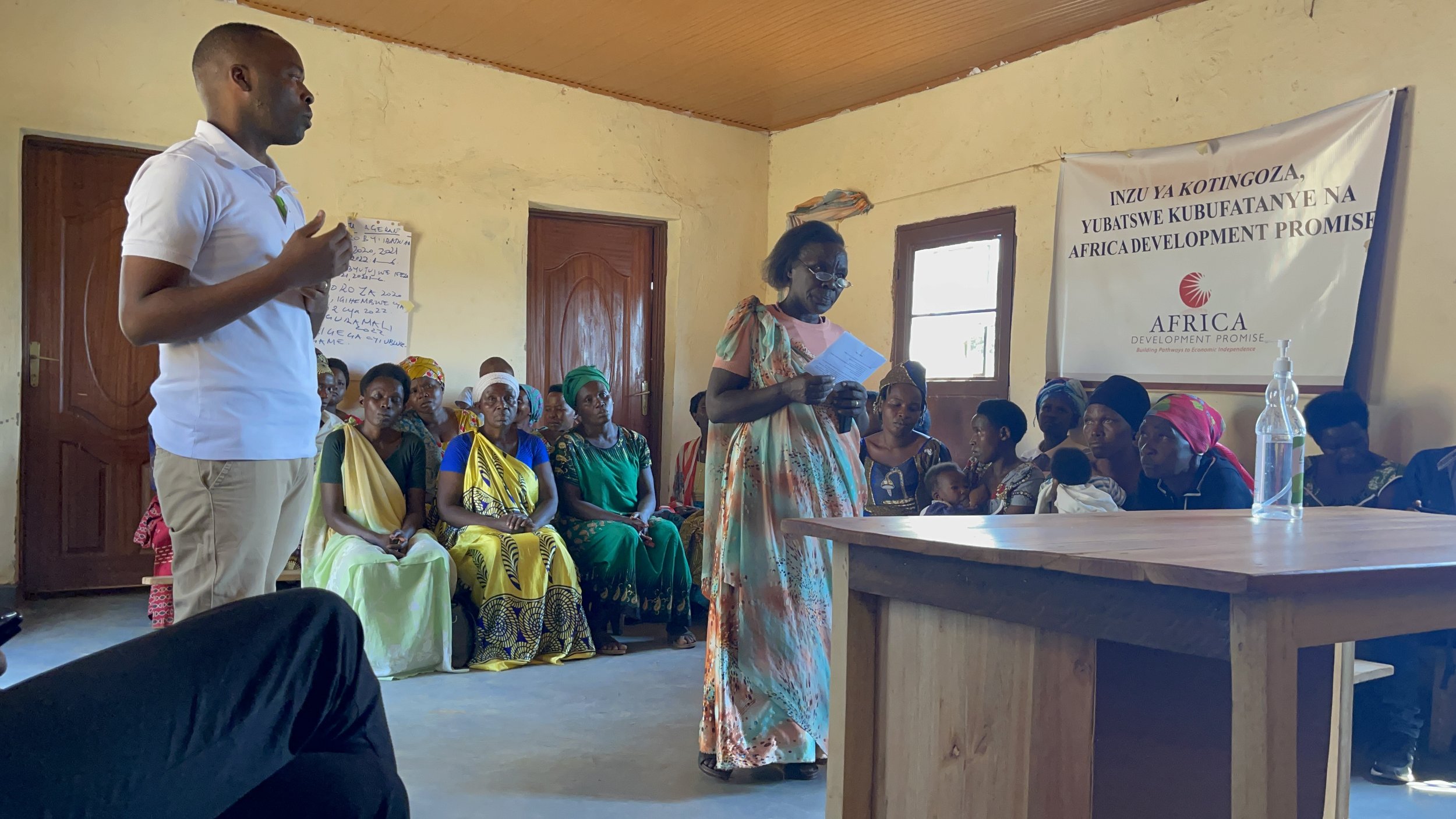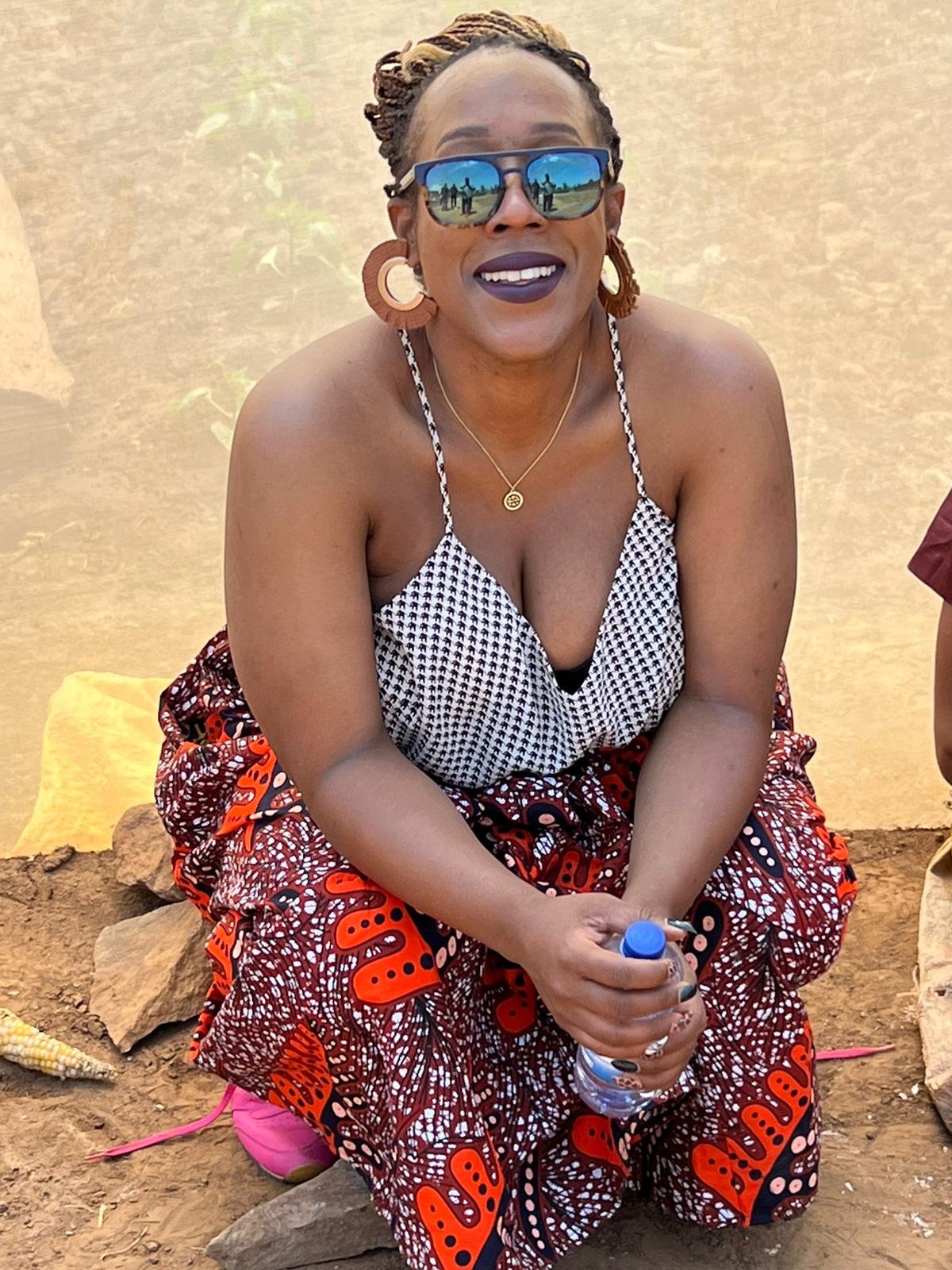Welcome to travel + explore & play with Sallee Jay, where I am your host. 👋🏾💓‼️ I’m fresh off my second trip to Africa with Africa Development Promise, a non-profit organization whose mission is improve the lives and livelihoods of rural women in East Africa, through training and resources that support their collective efforts to operate competitively in the marketplace. However, while the primary focus is women, ADP is helping East African families with training and resources. The impact and reach are undeniable.
Last year when we travelled, the country was on lockdown due to Covid restrictions and while we were able to experience movement, the Africa and programming that I experienced this year was much different. Follow along as share this year’s ADP travel experience, provide updates regarding the cooperatives and programs and introduce you to some of the remarkable staff!
African Development Promise (ADP) provides authentic, transformative, and tailored experiences in the international leadership, equity, training and development landscape. ADP offers the perfect mix of cultural experiences, international business development, leadership and real time on the ground opportunities to apply key concepts and program learnings. Some of the cultural experiences included: Akagera National Park- Safari, Rwanda Genocide Memorial, Nyamata Memorial Church, Ndere Cultural Center Dance Theater, Ngamba Island – Chimpanzee Reserve, Rafting/Boat Ride on the Nile - Jinga and so much more.
As a partner with ADP, you will gain powerful insights regarding local governance, international business development, human capital, and infrastructure that can be applied daily in business dealings and negotiations. Be prepared to leave your ego at the door and come learn lifelong principles to lead more efficiently and effectively. ADP is a great organization to partner with for your international development needs.
ADP is delivering smart and innovative results to uplift women, create empowerment and promote sustainable economic growth opportunities in East Africa. We visited several cooperatives, each with its own set of unique challenges and opportunities.
Rwanda
The first woman led cooperative that we visited in Rwanda was responsible for harvesting bell peppers, lettuce, and maze. Local farmers were faced with barriers to overcome ---- mainly related to contaminated soil and water resource allocation. With the assistance of ADP, a new approach of above ground farming, clean water, and the implementation of greenhouses to reduce climate impacts to crop production — the partnership has proven beneficial for farmers and the surrounding community. Since our last visit to this cooperative, they have added a new greenhouse and we were able to see the fields and irrigation systems. Soon, ADP will begin mushroom production in Rwanda and have the new grow house structure in place, provided through an agricultural grant award. I am also happy to report that the soil contamination issues have been resolved as well and they are harvesting directly from the soil, in addition to above ground farming.
As operational efficiencies arise, new opportunities are presented that drive the partnerships with the cooperatives and ADP to continue or end. Storage, electricity, and water still remain the top concerns in many communities in East Africa and will become critical elements needed for infrastructure development, sustainability strategies and operational management in the future. These are some of the challenges that the locals and ADP representatives work on, together to create sustainable solutions in Rwanda.
This year we were able to take in more cultural experiences and I absolutely fell in love with the city of Rwanda, especially upon learning more about what has taken place to rebuild, post genocide. I learned so much about the country’s history while visiting the Genocide Memorial Museum, it is a must see if you are in Kigali.
A national trauma survey by UNICEF estimated that 80% of Rwandan children experienced a death in the family in 1994, 70% witness someone being killed or injured and 90% believe they would die. Many children continue to suffer deeply from the traumatic effects of the genocide and need post trauma support.
International Justice - The international criminal tribunal for Rwanda was established by the UN Security Council in its resolution 955 on November 8, 1994, to prosecute high-level organizers of the genocide. After 19 years the tribunal had completed 75 cases, with 12 acquittals and 16 cases pending appeal.
That said, Rwanda is a beautiful, safe, vibrant and clean city. Rwanda’s streets are safe and clean due to a combination of policies that include a plastic bag ban, National Day of Cleaning up, enforcement of the laws as well as a collective national consciousness of keeping the streets clean. Another central feature of Rwanda’s cleanliness is “Umuganda.” This is a national clean-up day in the country on the last Saturday of every month. The name Umuganda stands for “coming together in common purpose” in Kinyarwanda. Communities come together to clean up their neighborhoods. Garbage was once a mainstay in Rwandese communities – with roadside rubbish piles and ditches clogged up with plastic bags. But this is not the case now. Umuganda however is not a random volunteer project, it is a way of life.
Uganda
Last year in Uganda, we visited the Epaphroditus Women’s Cooperative specializing in mushroom production. They were able to establish cost savings of $1.00 by learning to create grow sacks or “gardens” as they are referred to by farmers. This allowed for a beautiful and productive mushroom harvesting.
Mushroom production
This year, we were able to witness the challenges that ADP faces when working with cooperatives. Due to infrastructure maintenance, the mushroom house was faced with pest infestations putting a holt to all production. This is in addition to supply chain issues — and quality control concerns with seedlings and growing materials used for the mushroom production. At this point in time, the cooperative has resolved the infestation concerns and made the necessary repairs to sustain the infrastructure. They are still actively working with suppliers to see if they get the seeding issues resolved and mushroom production back in daily operations.
However, the women of Epaphroditus have not given up and have created other businesses to support the cooperative in lieu of delayed mushroom farming. As you recall, in addition to the agricultural training, the Ugandan ADP training center offers a women’s tailoring program and a computer literacy program, to support careers outside of agriculture. The women now have a shop where they can tailor custom clothing, sell fabrics and other small goods.
Another benefit of visiting this co-op is that they cook us a traditional east African lunch, which is delicious so.. COME HUNGRY!!!
“Girls with Dreams!” another ADP program, had to pivot and had program changes this year too. In speaking with Program Director LaChance, the girls are going well and attending to their studies. Three of the program graduates are attending university and plan to facilitate small groups for the younger ladies, joining them in the next year.
Naz and Amanda
Huge shout out to all the staff, drivers and guides stateside and on continent! A wealth of knowledge, experience, comfort and professionalism, these individuals were committed to our safety and well-being. ADP staff has grown this year, with Naz joining the team as a Regional Program Director. The Uganda team also, acquired a new agricultural coordinator to support the cooperative production development and infrastructure needs. The leadership of the organization walks the talk! Monica is an extraordinary leader with poise, grace and a timeless approach to contemporary leadership issues that many should take note.
To sum up my experience with ADP I’d say, “it was life changing!” Well worth the personal, professional and financial investment! I cannot wait to go back next year to see the progress being made.
Lead forward and support this movement any way possible. When women lead, amazing results happen.

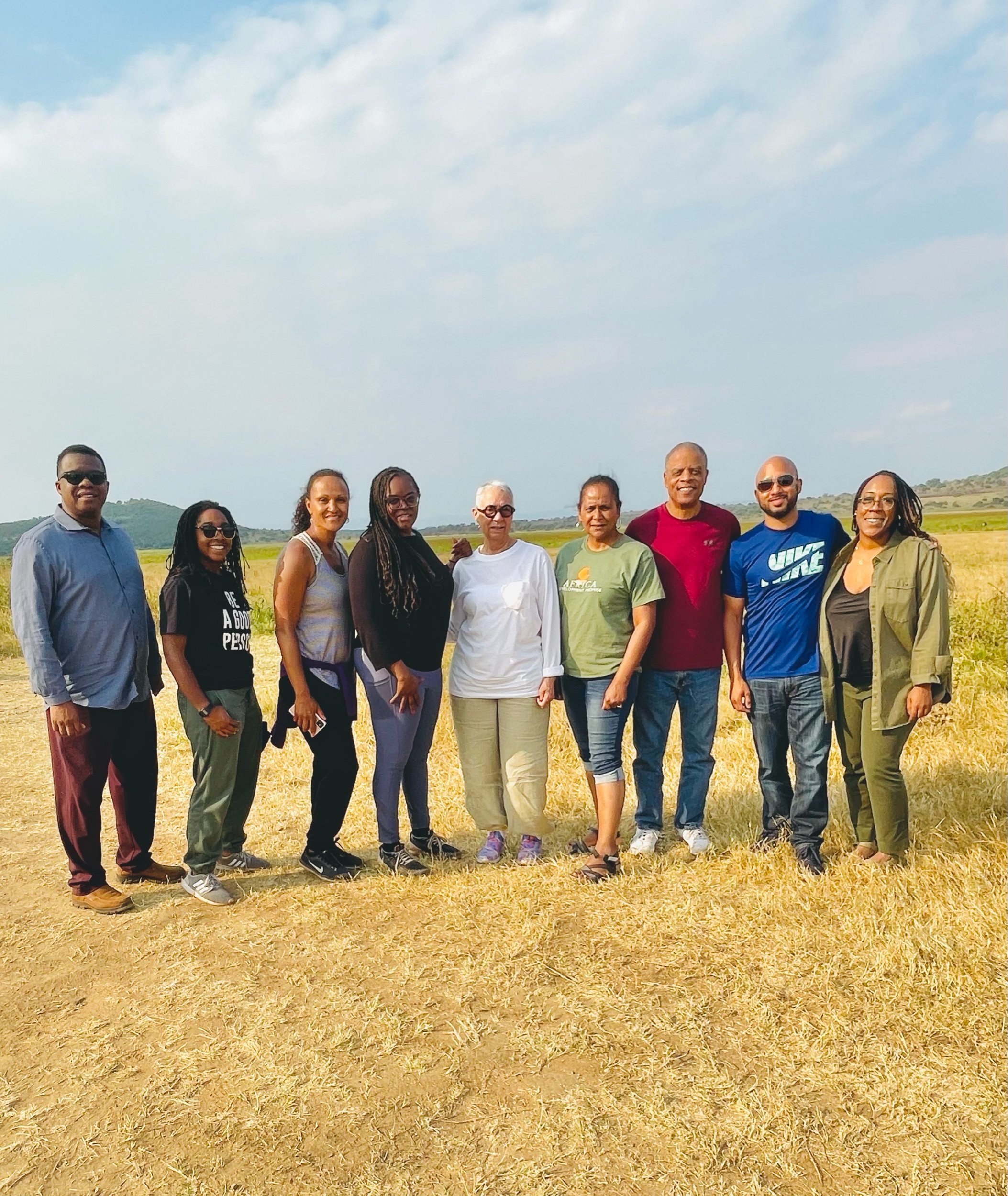
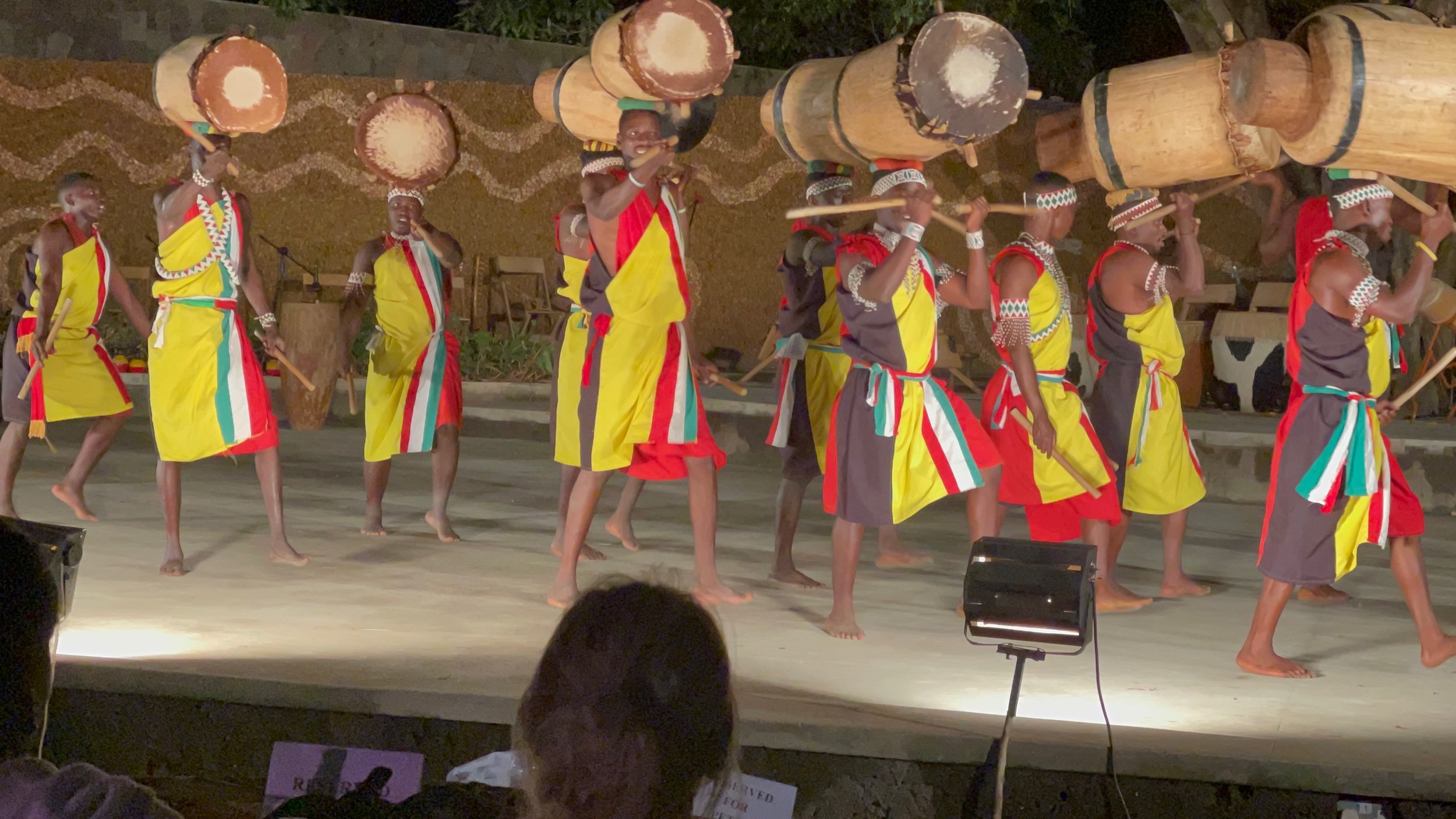
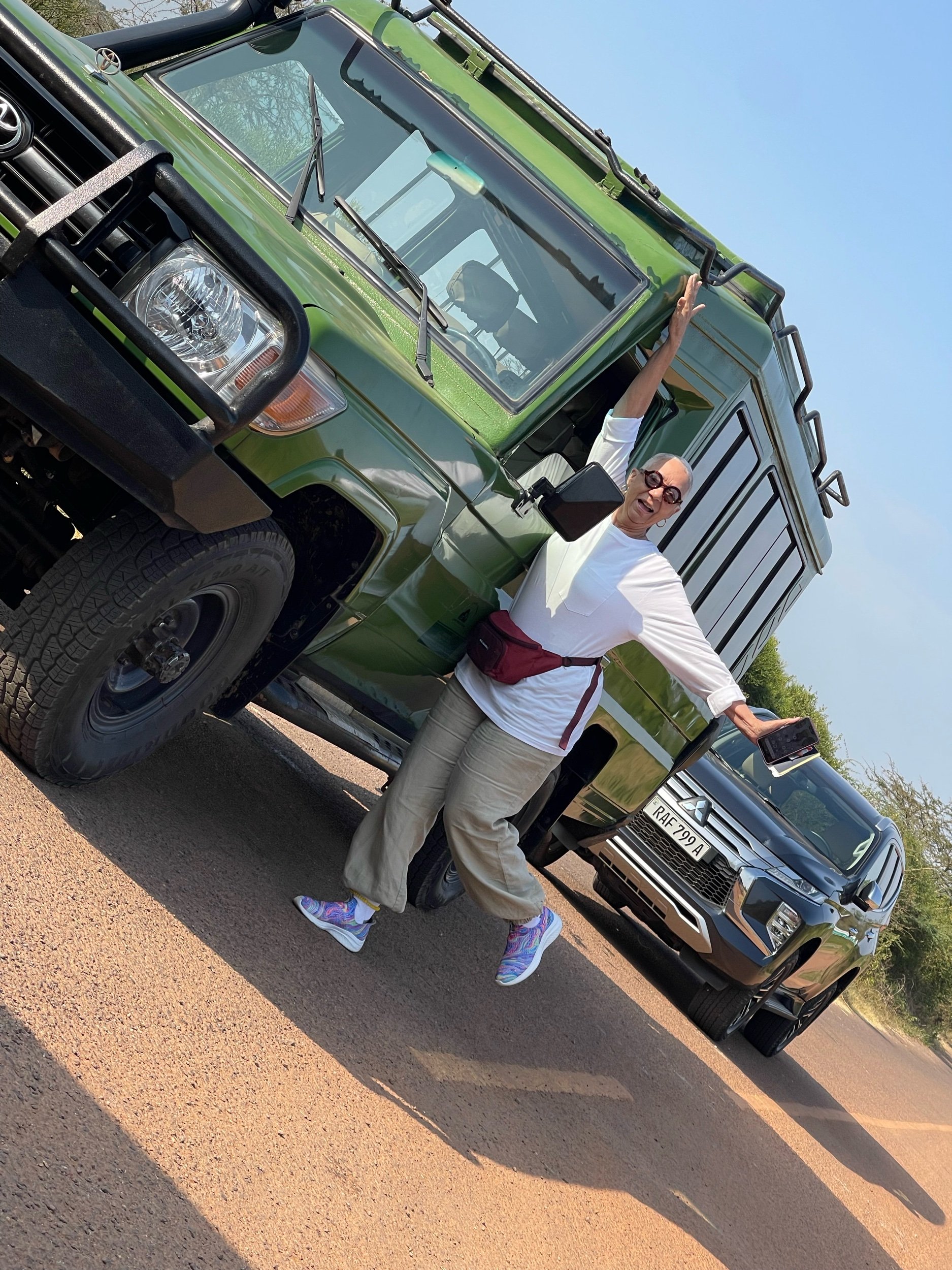
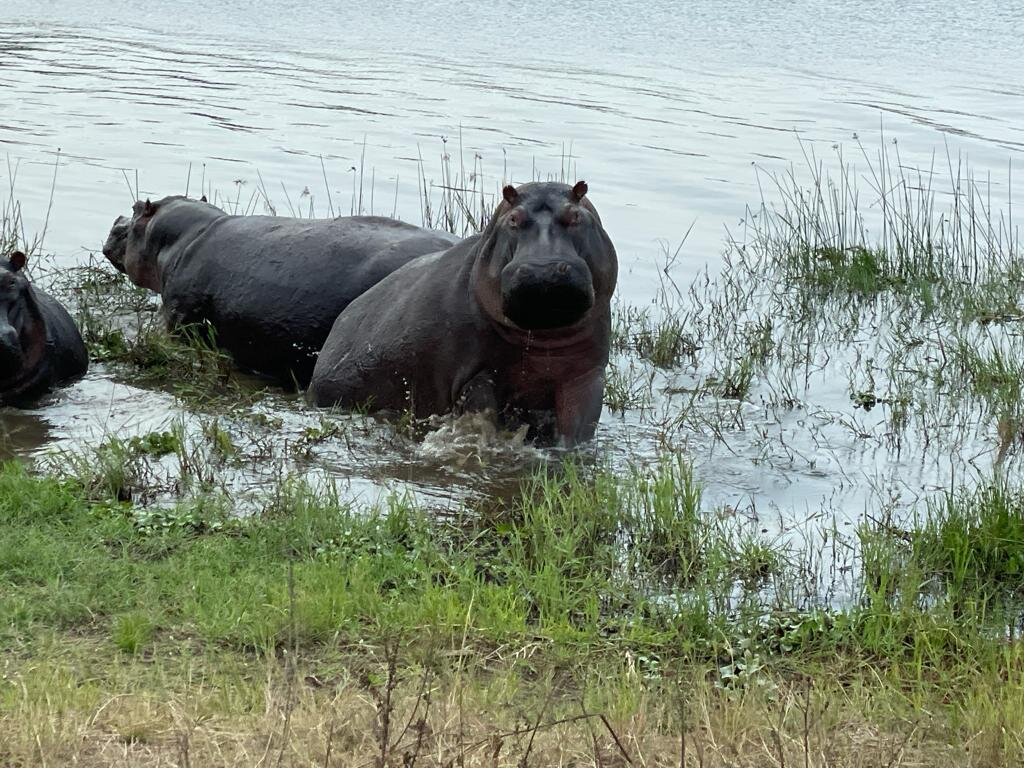
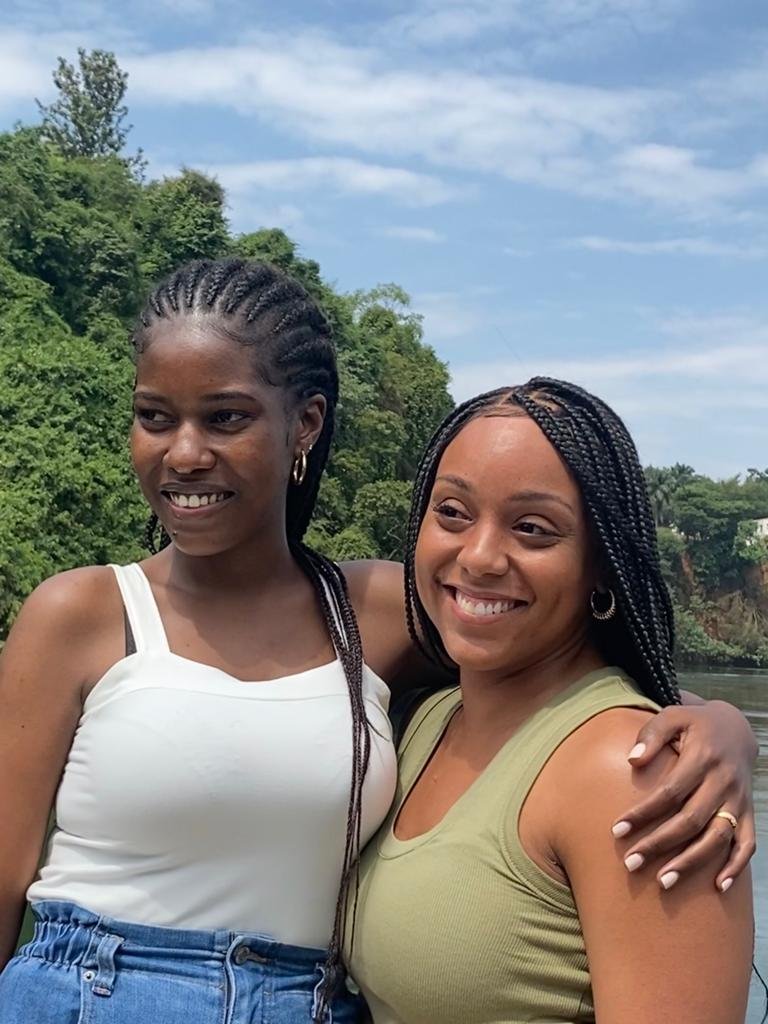
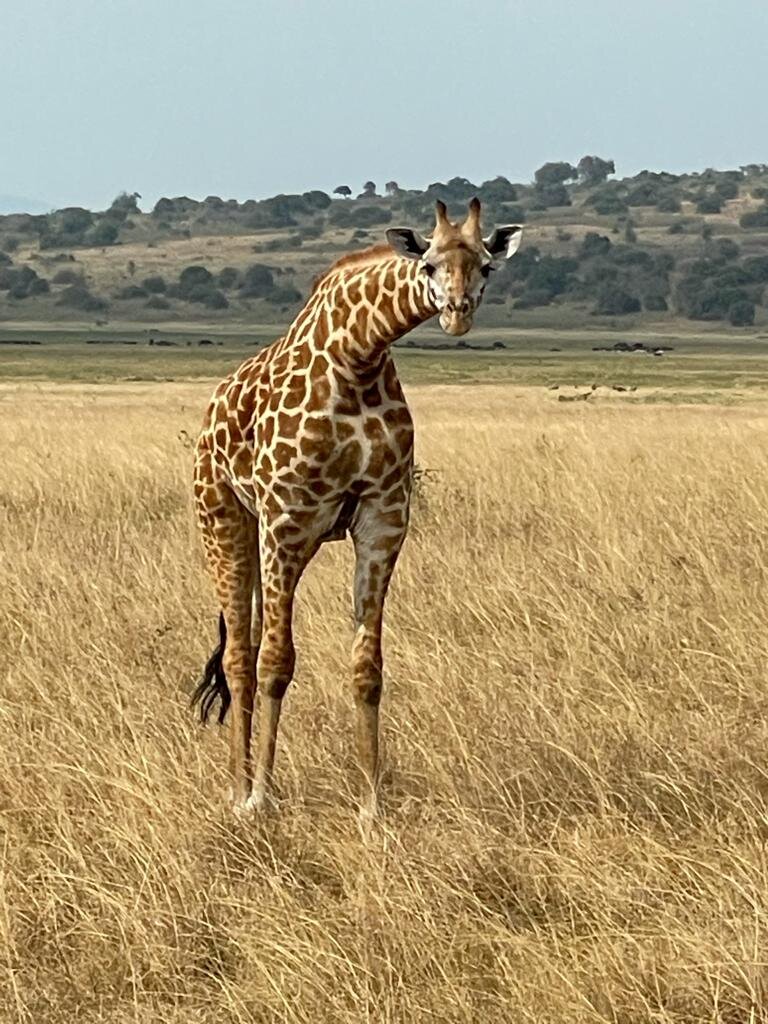
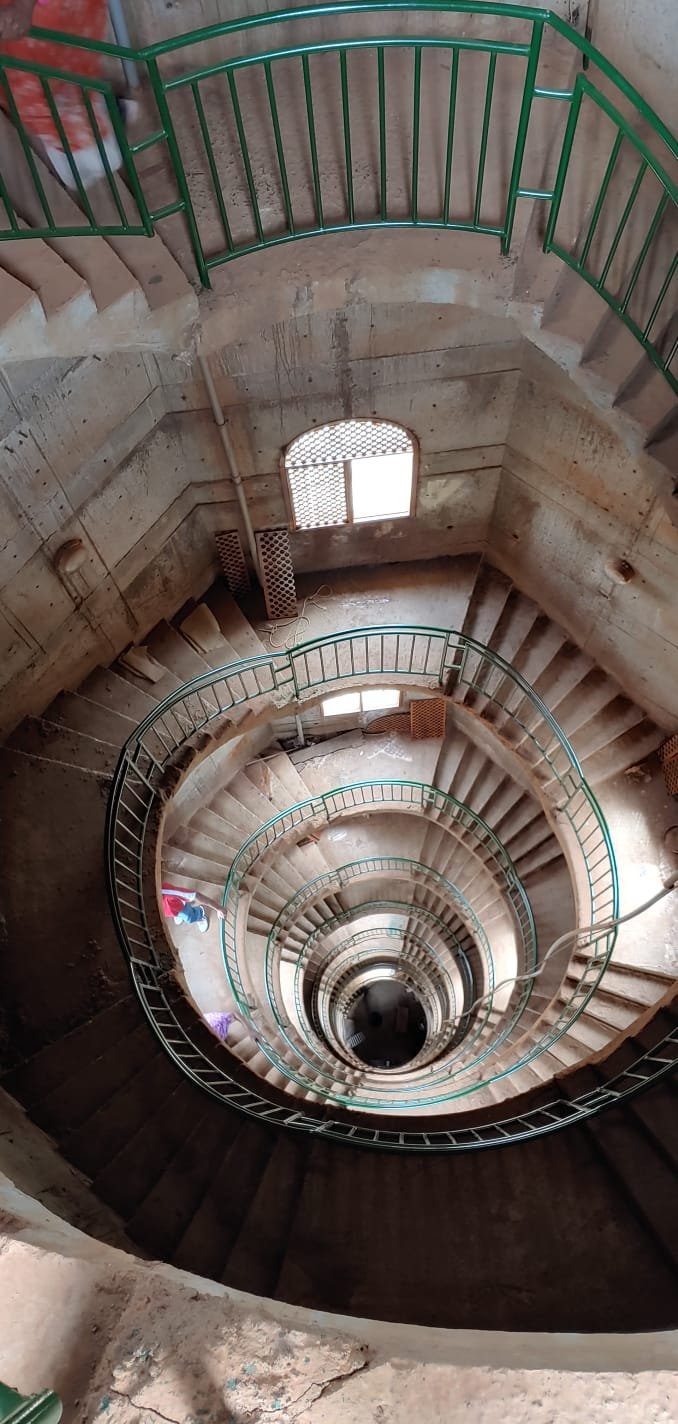
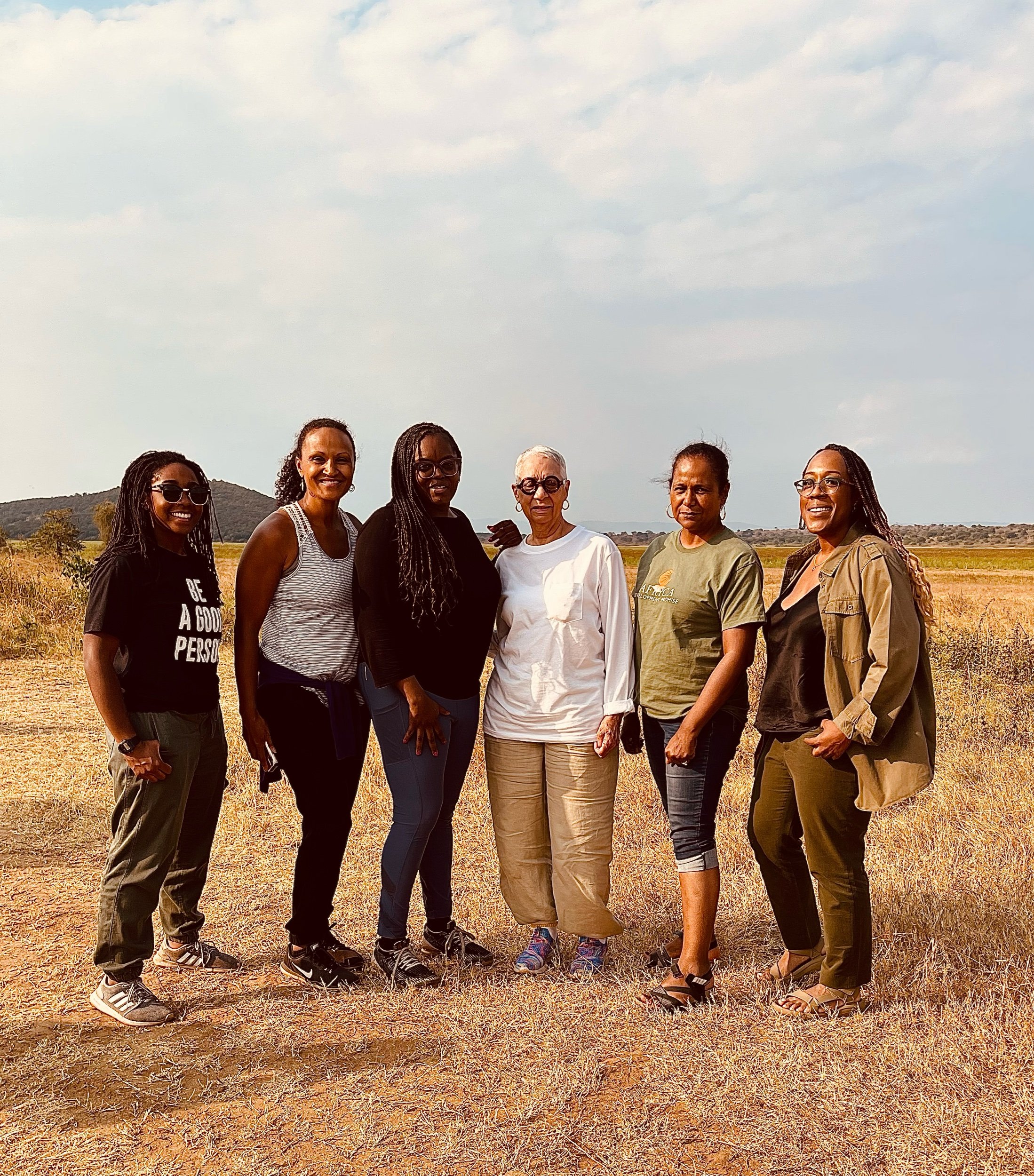
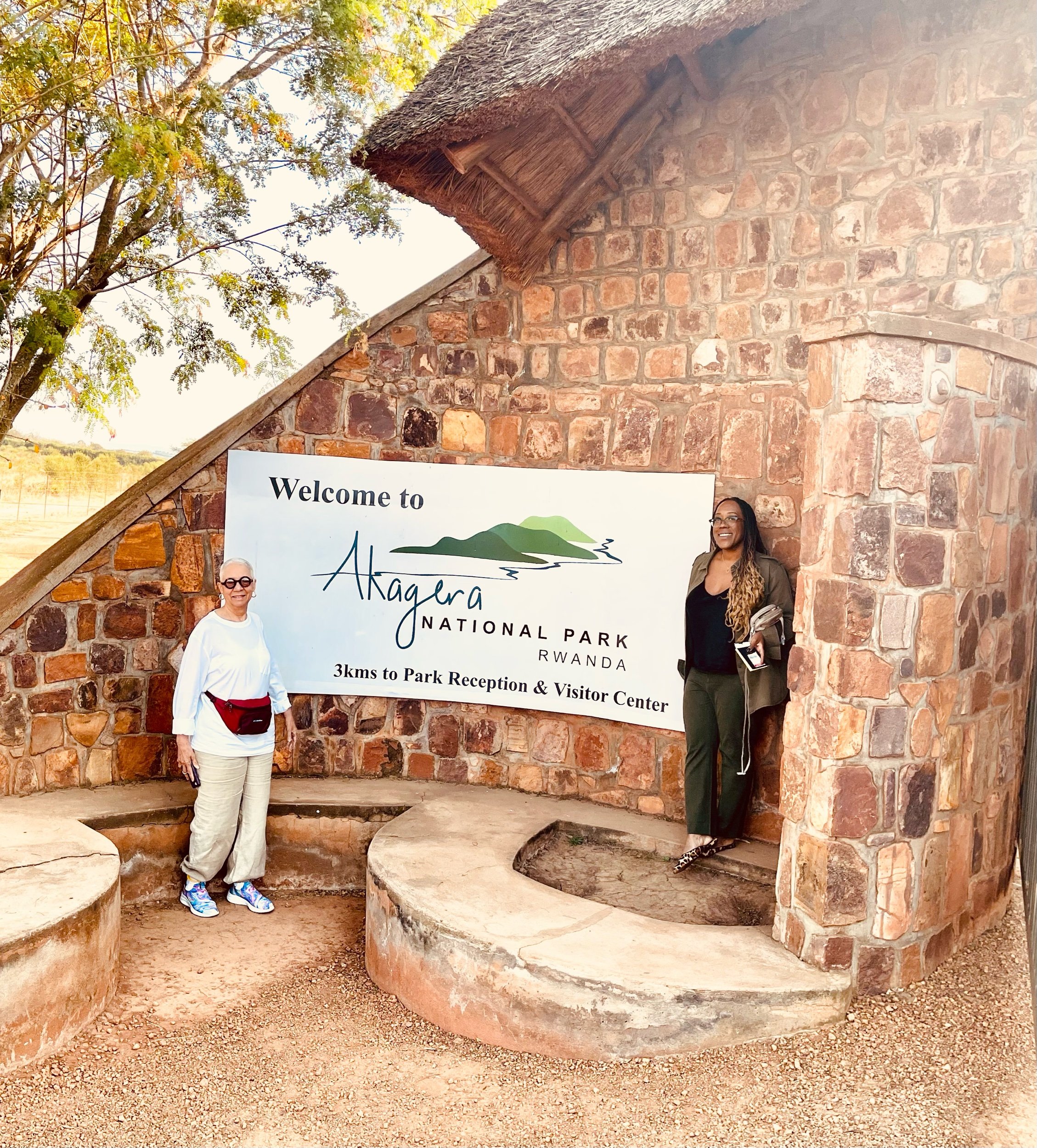
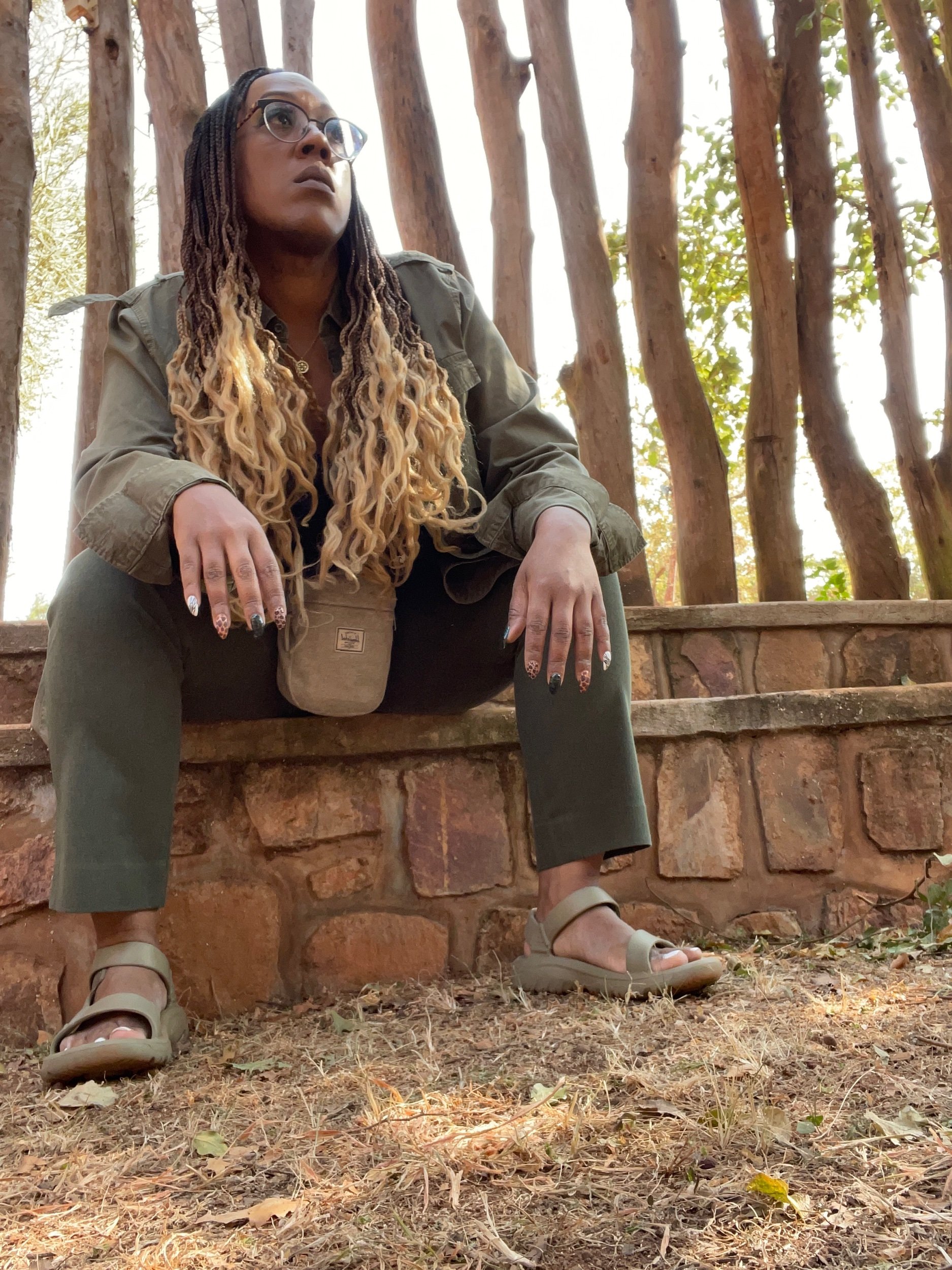
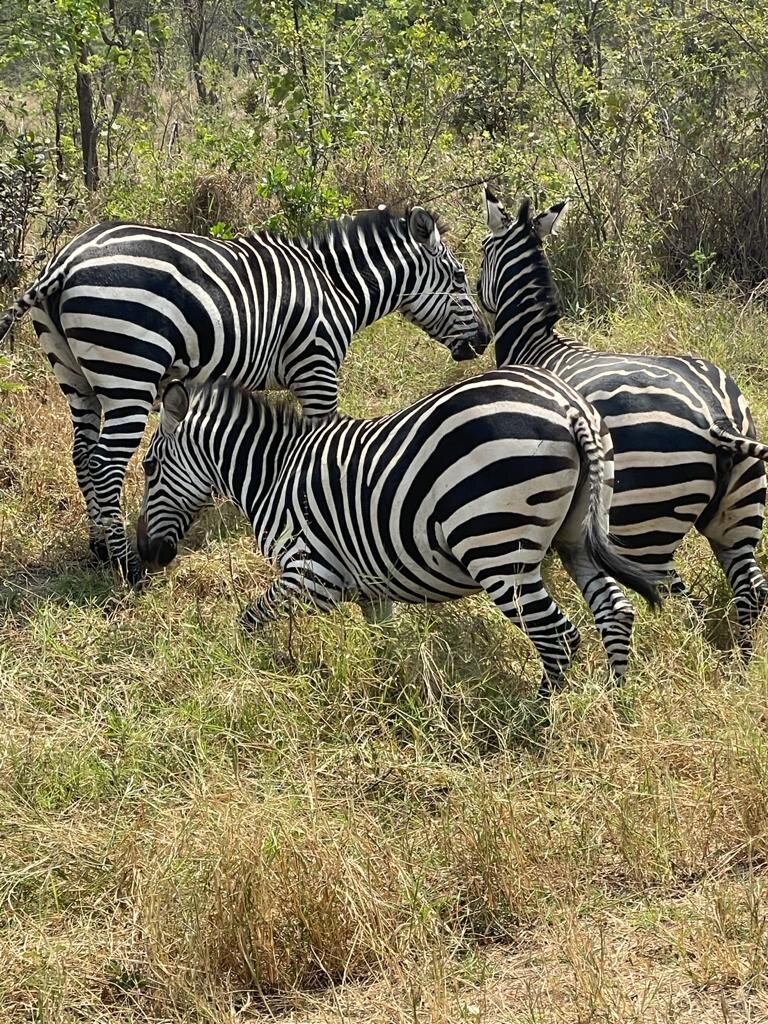
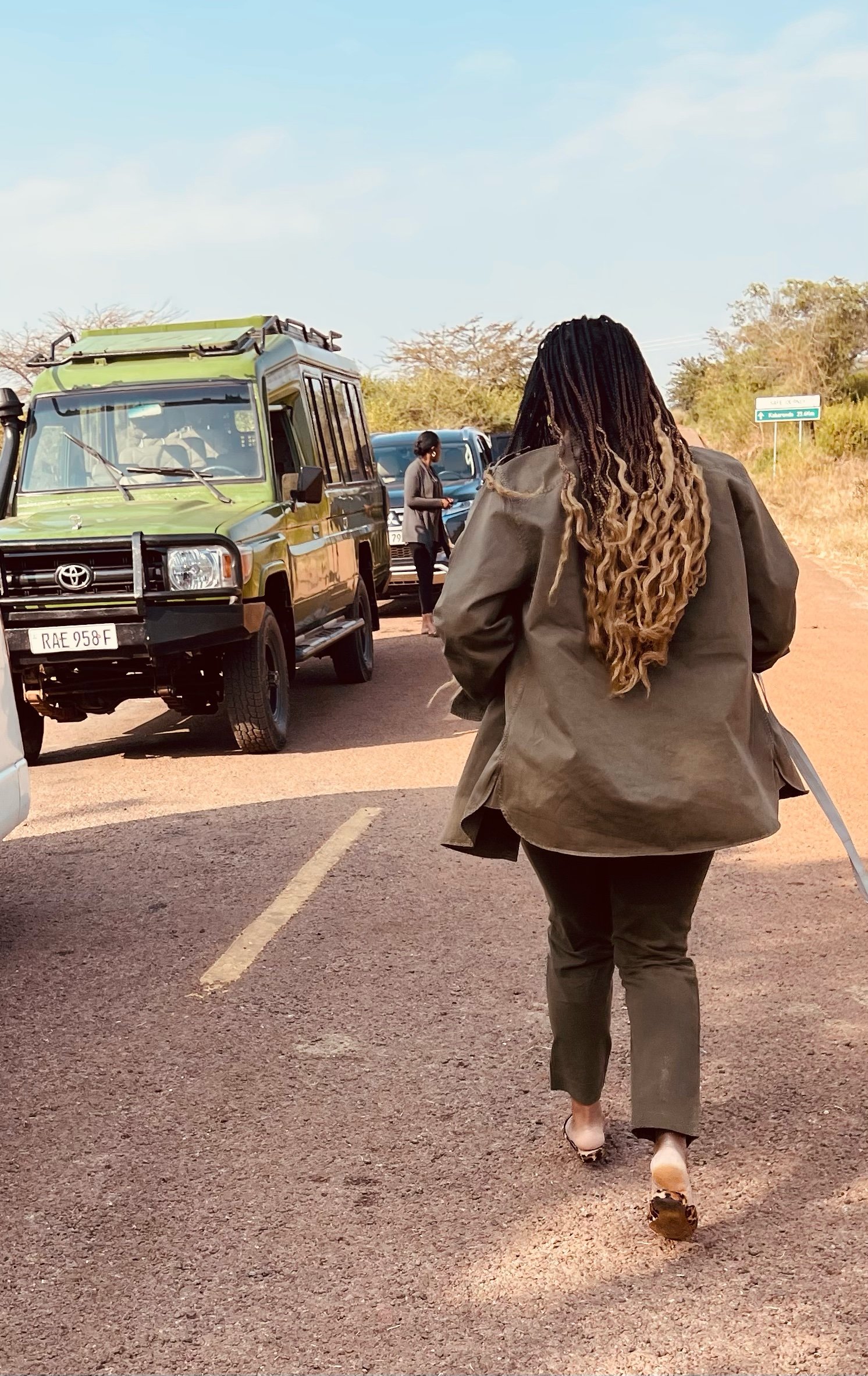
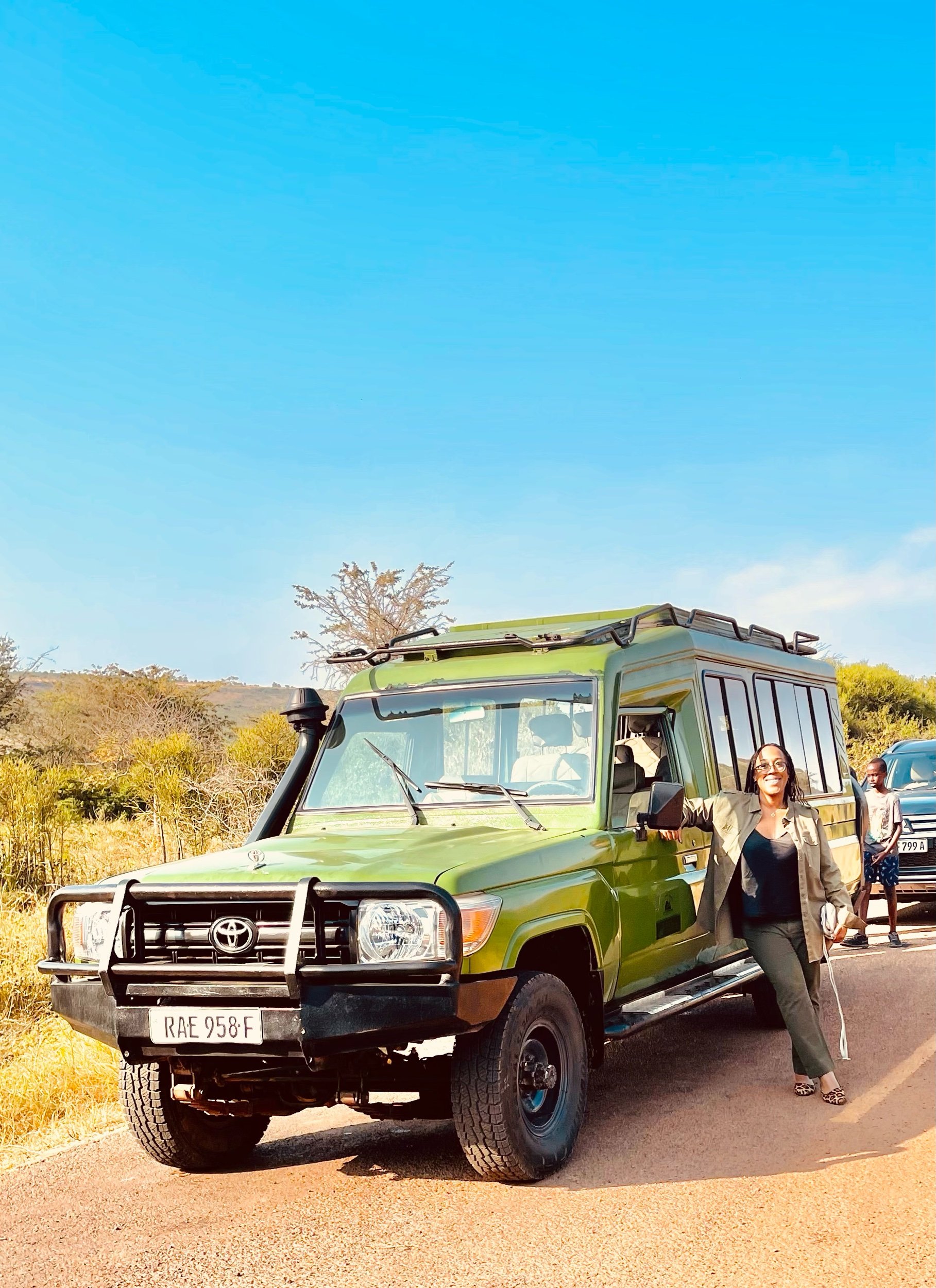

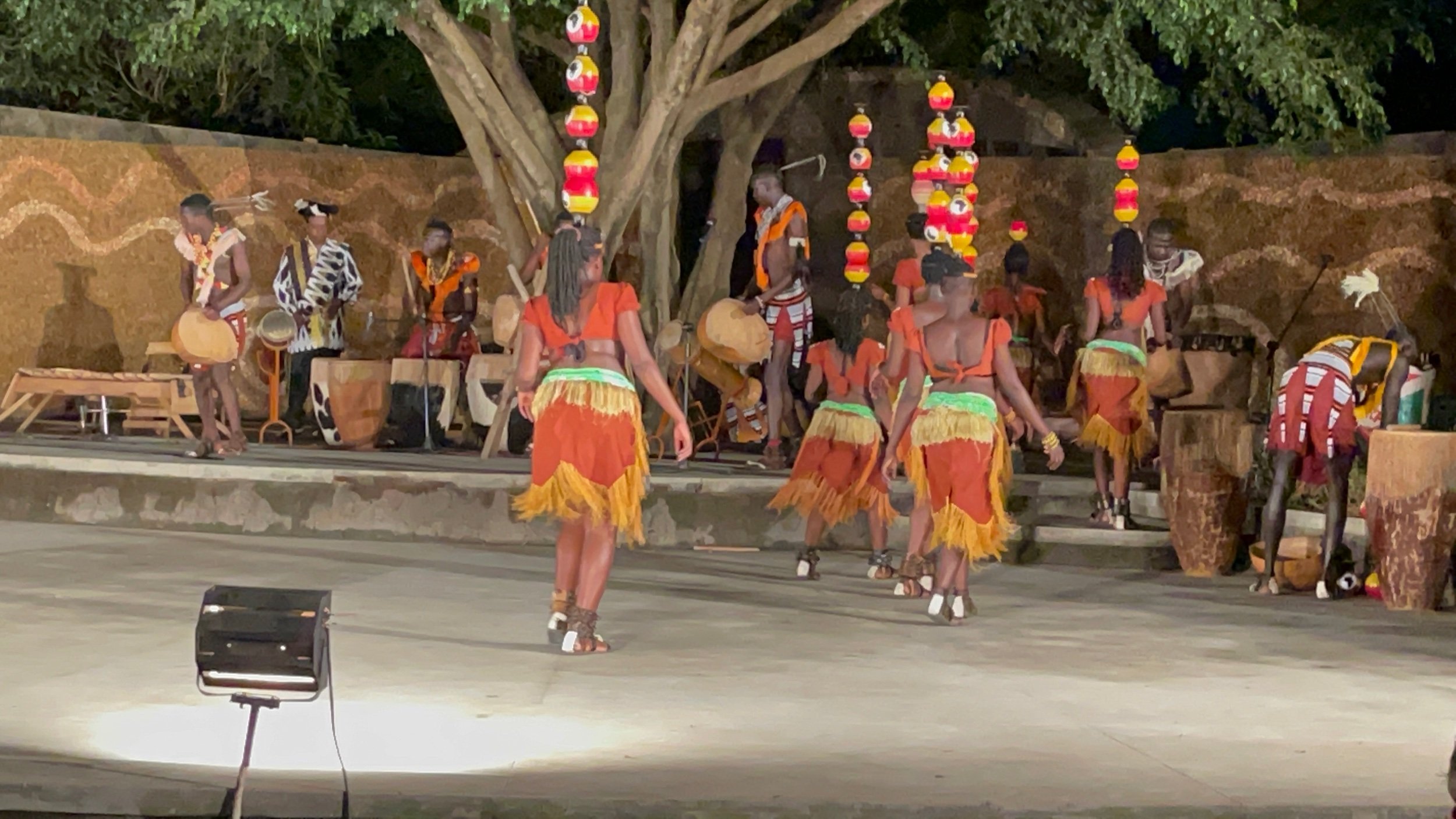
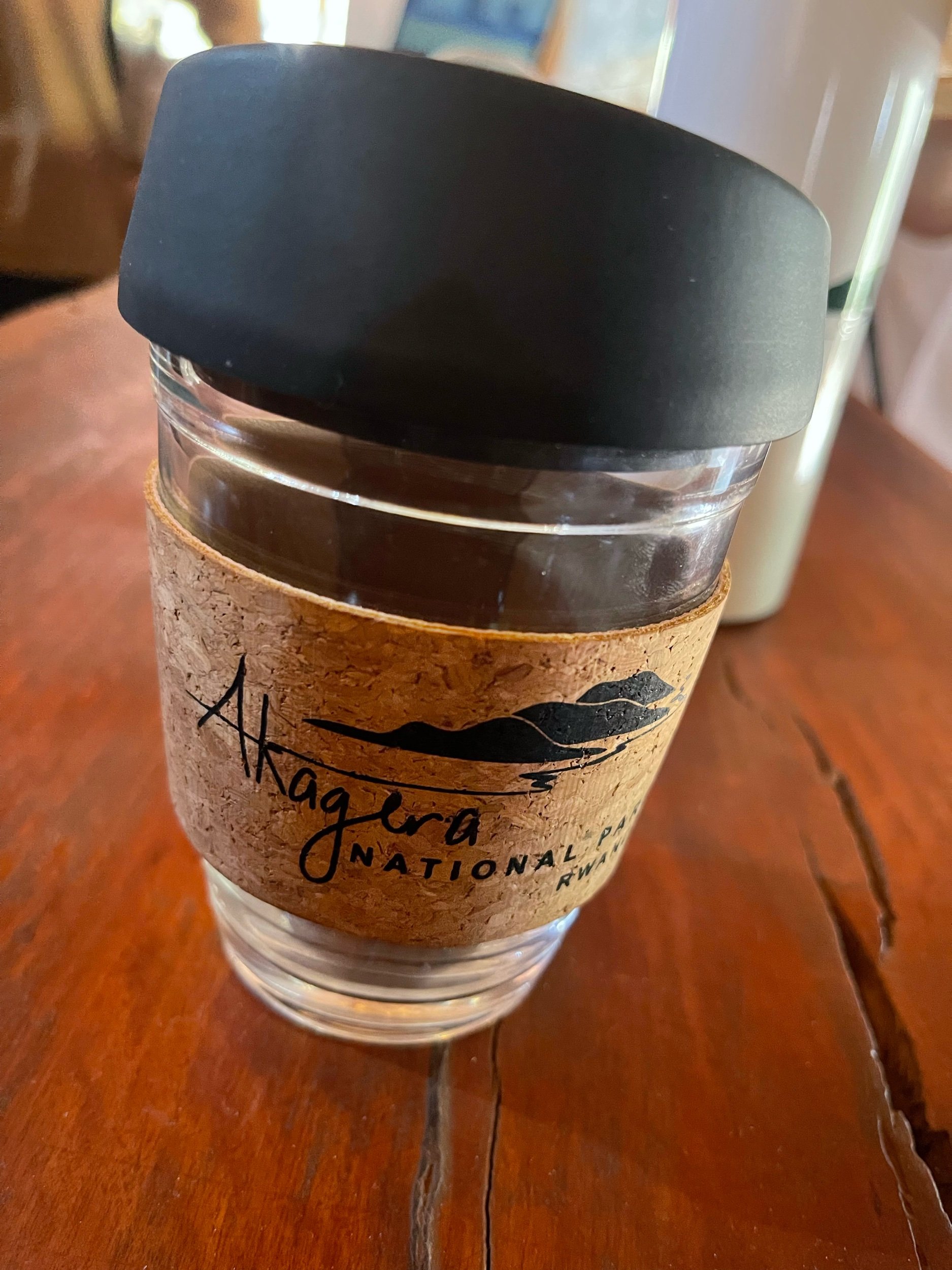
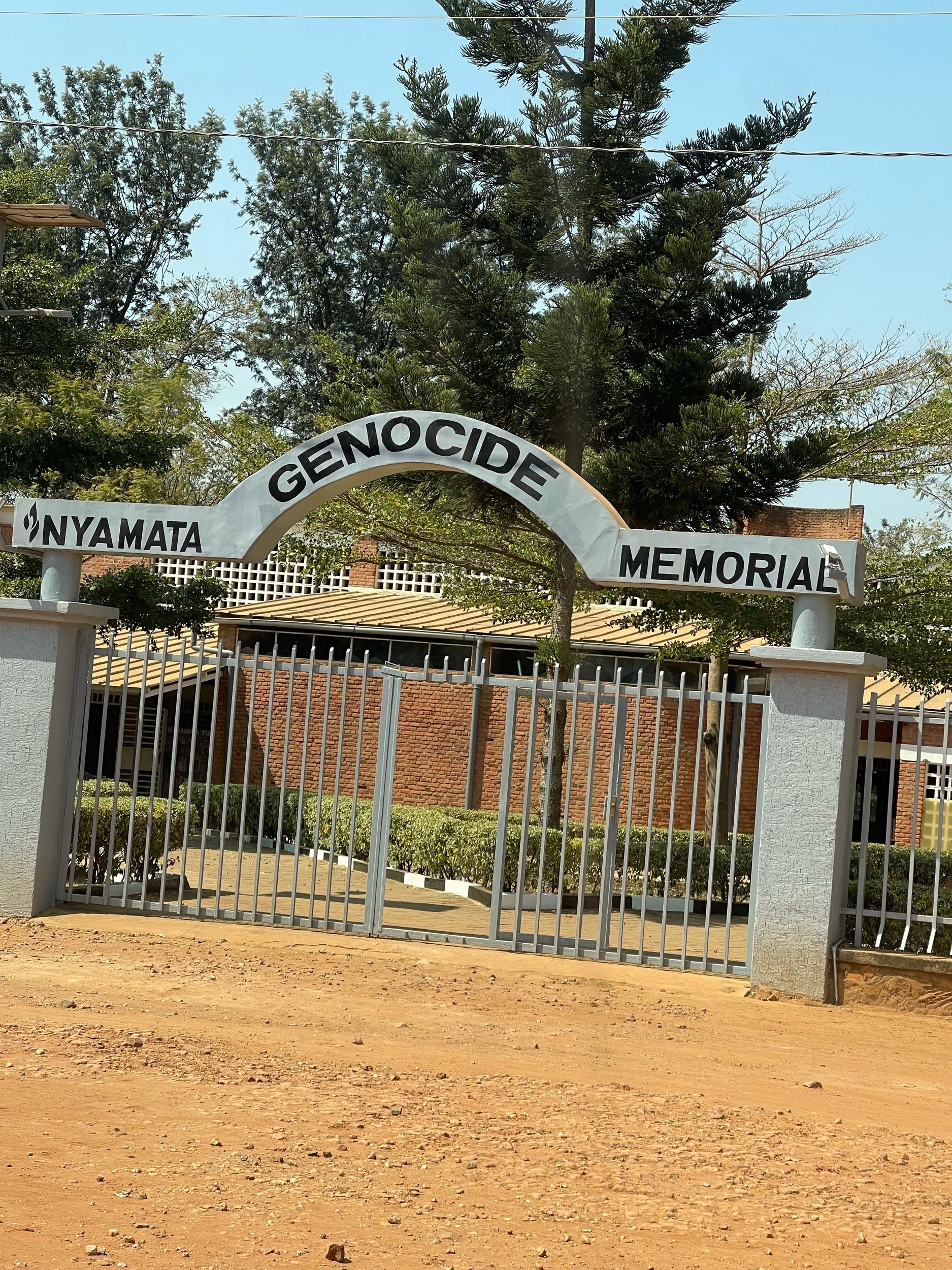
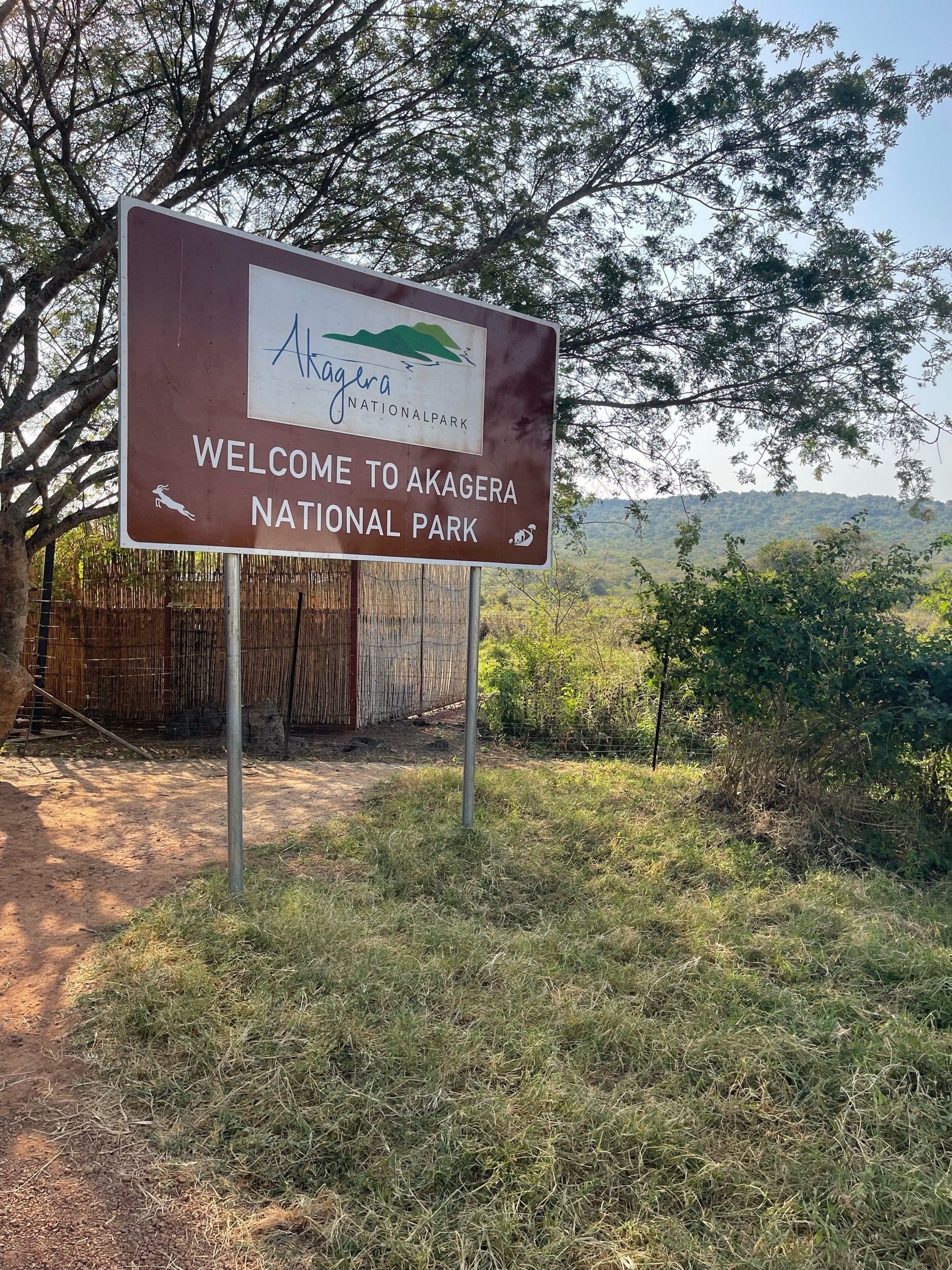
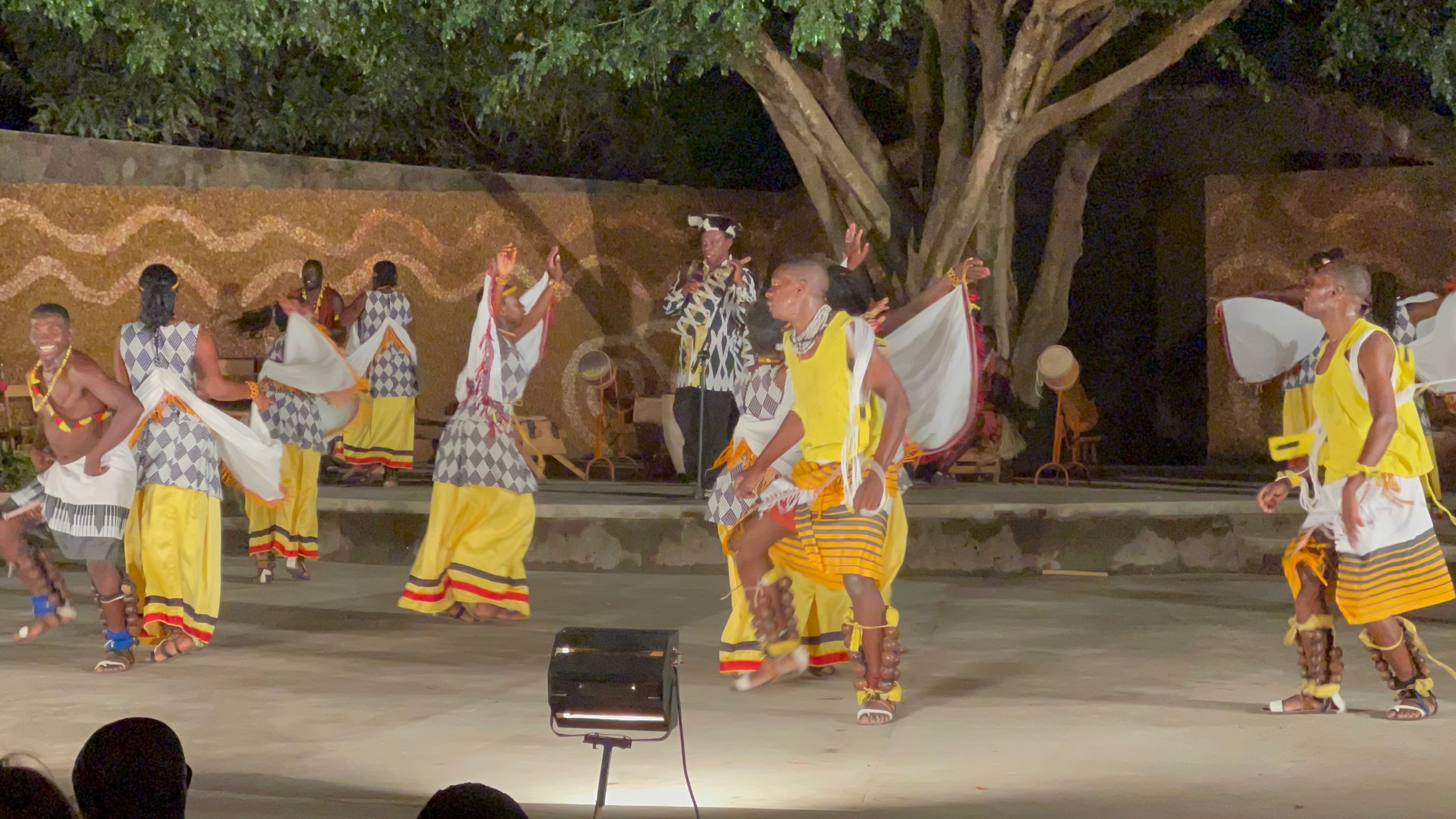
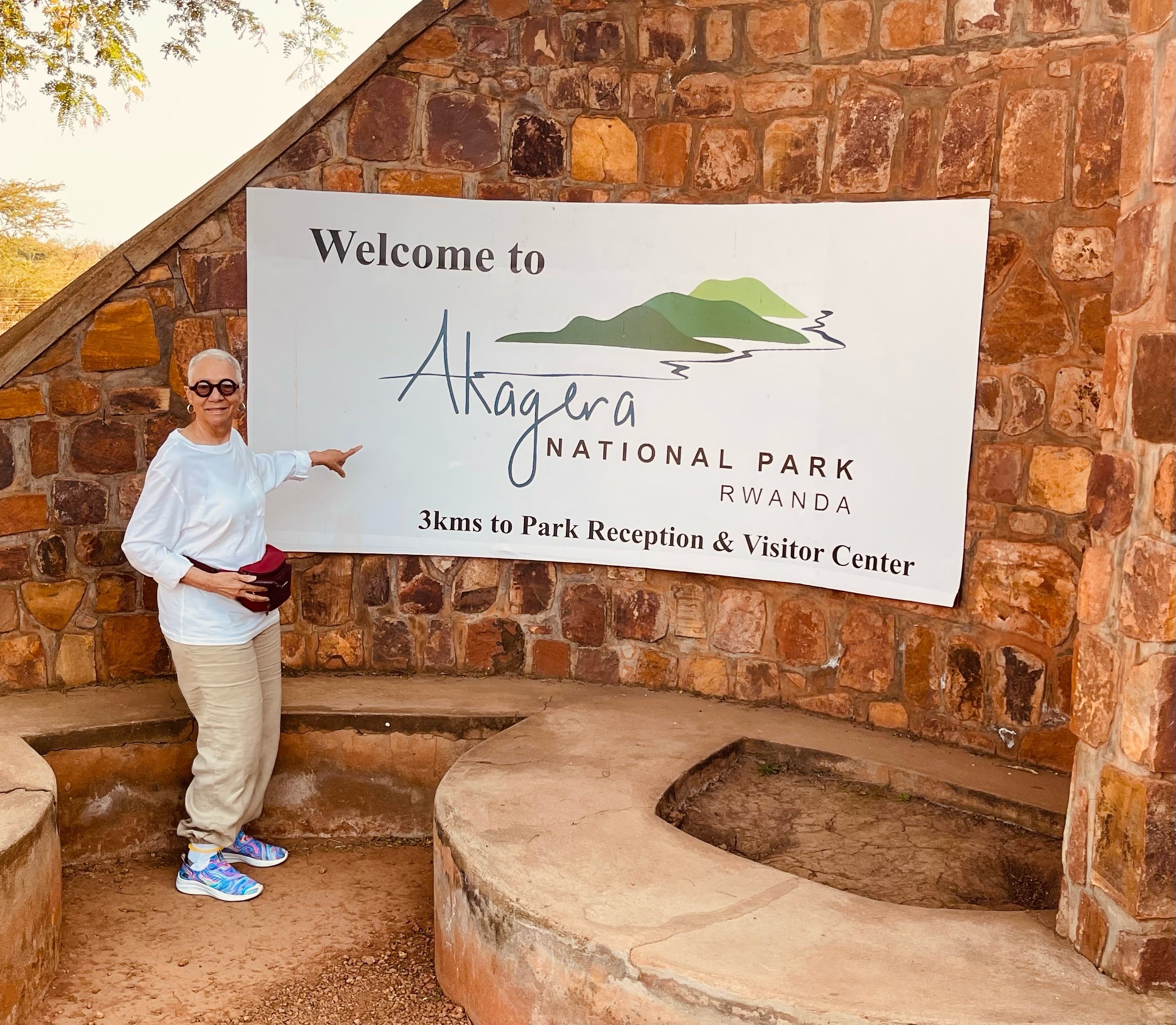
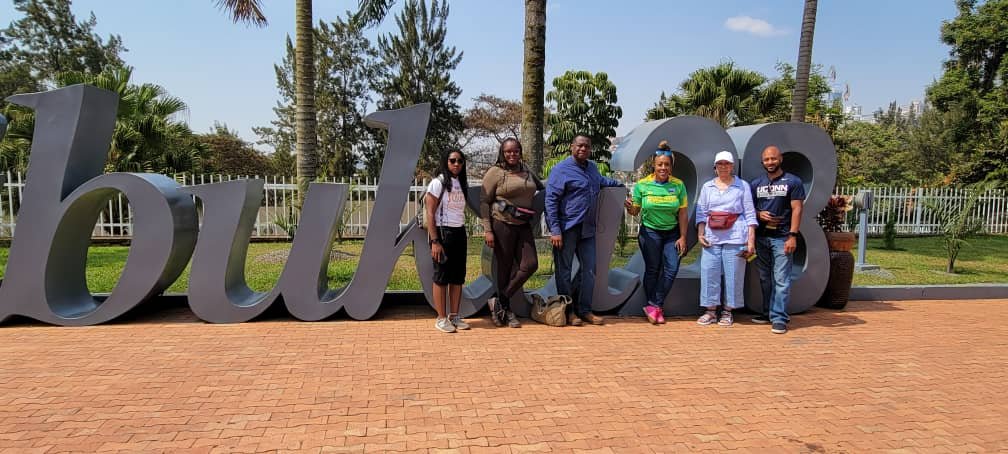
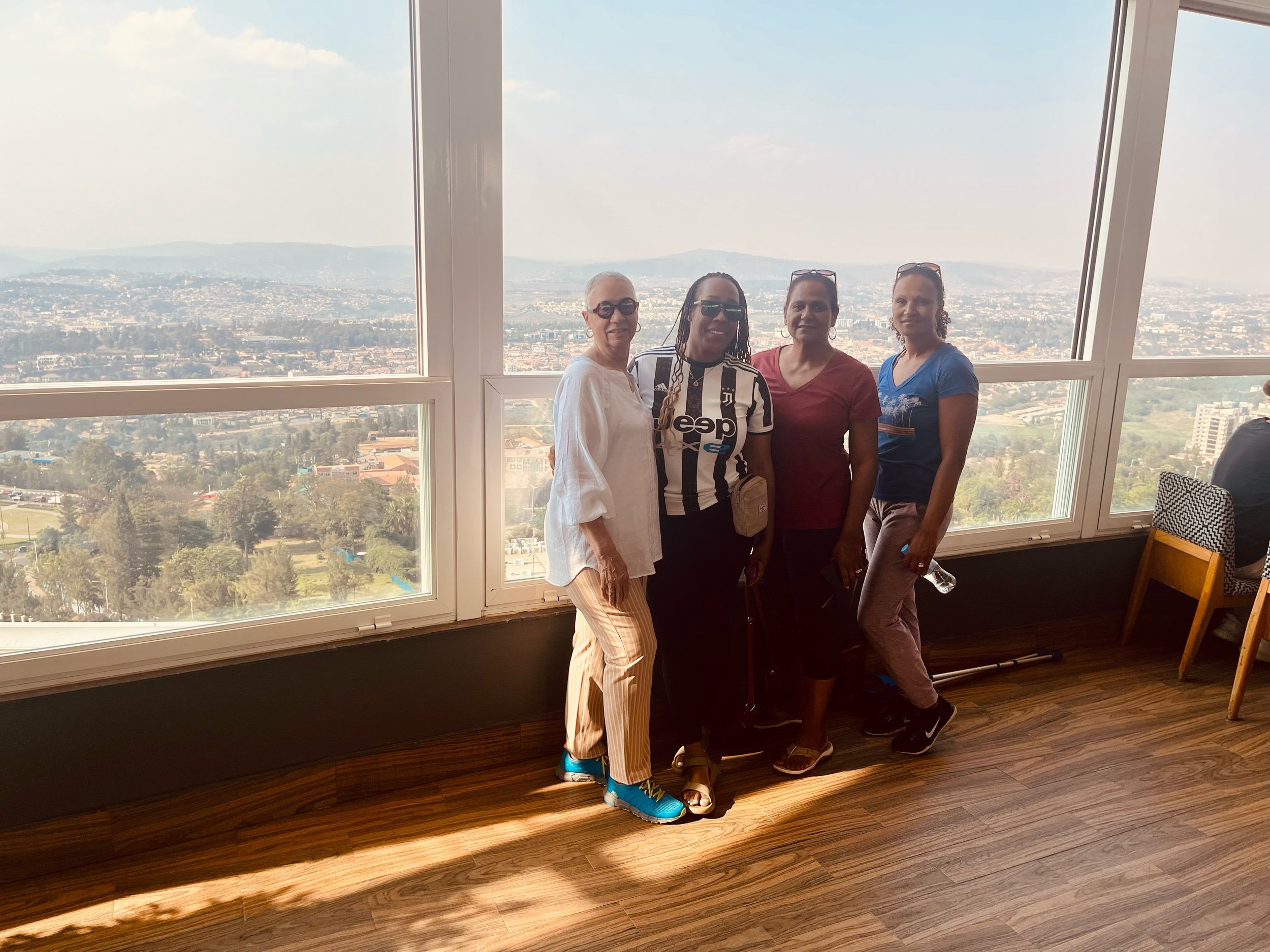
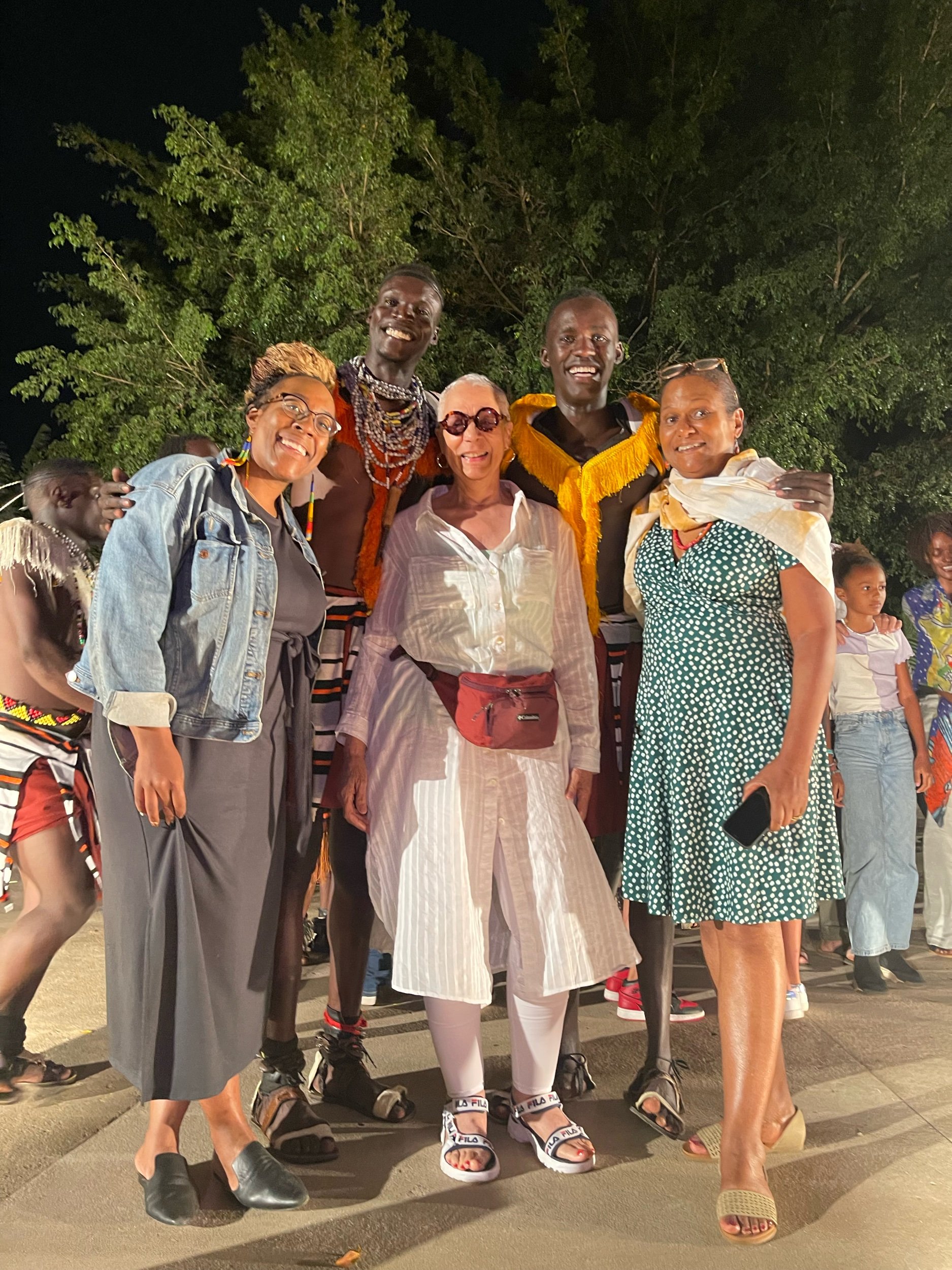
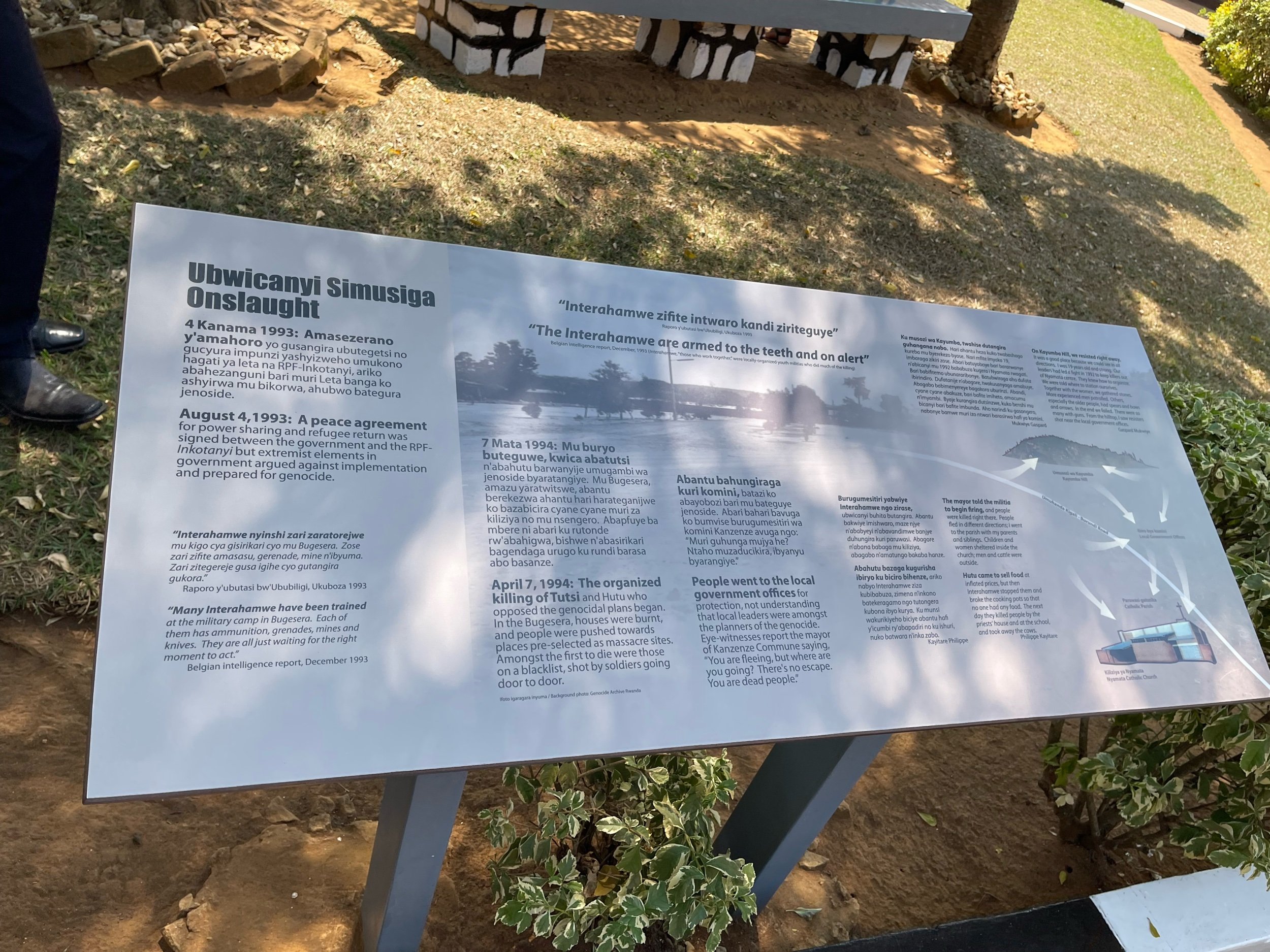
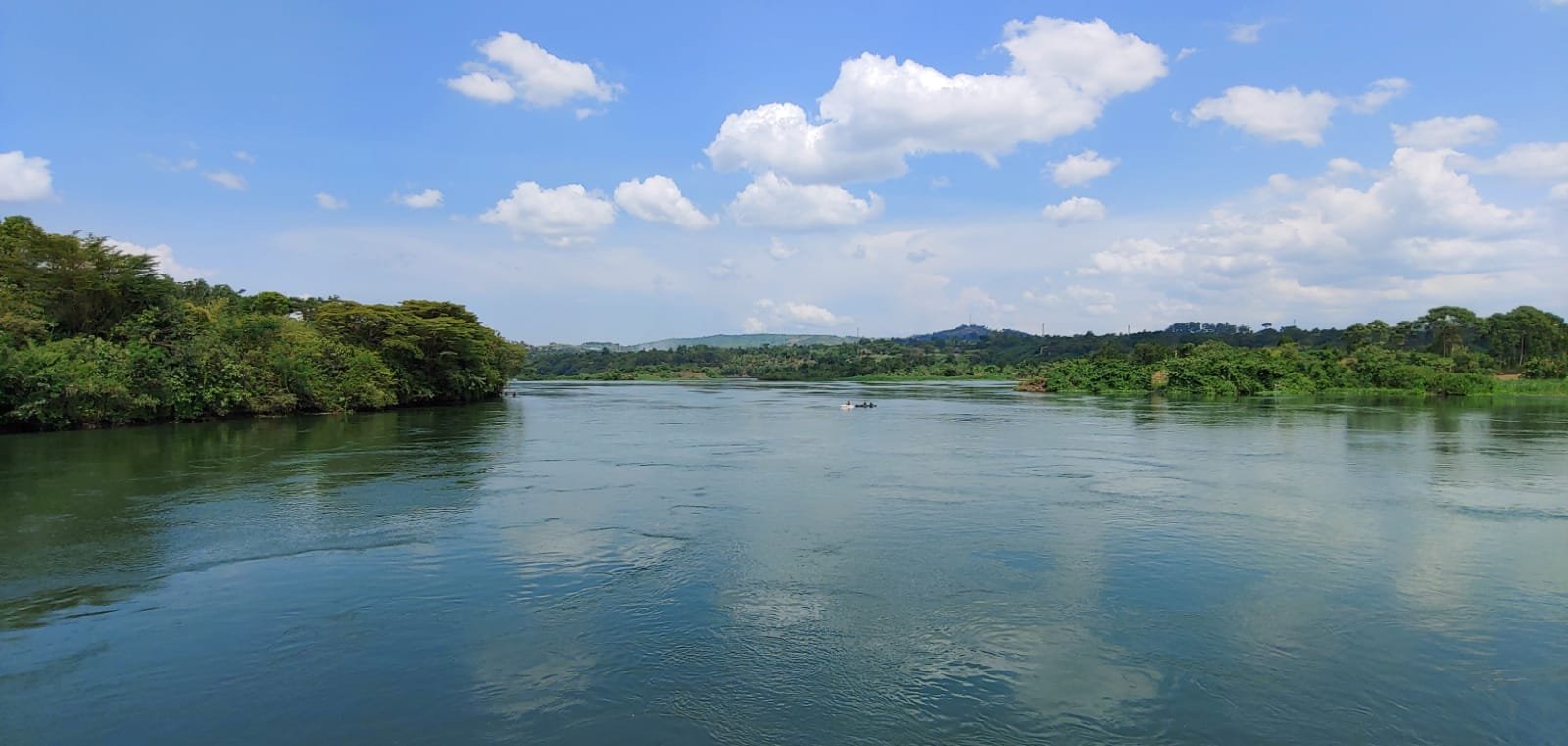
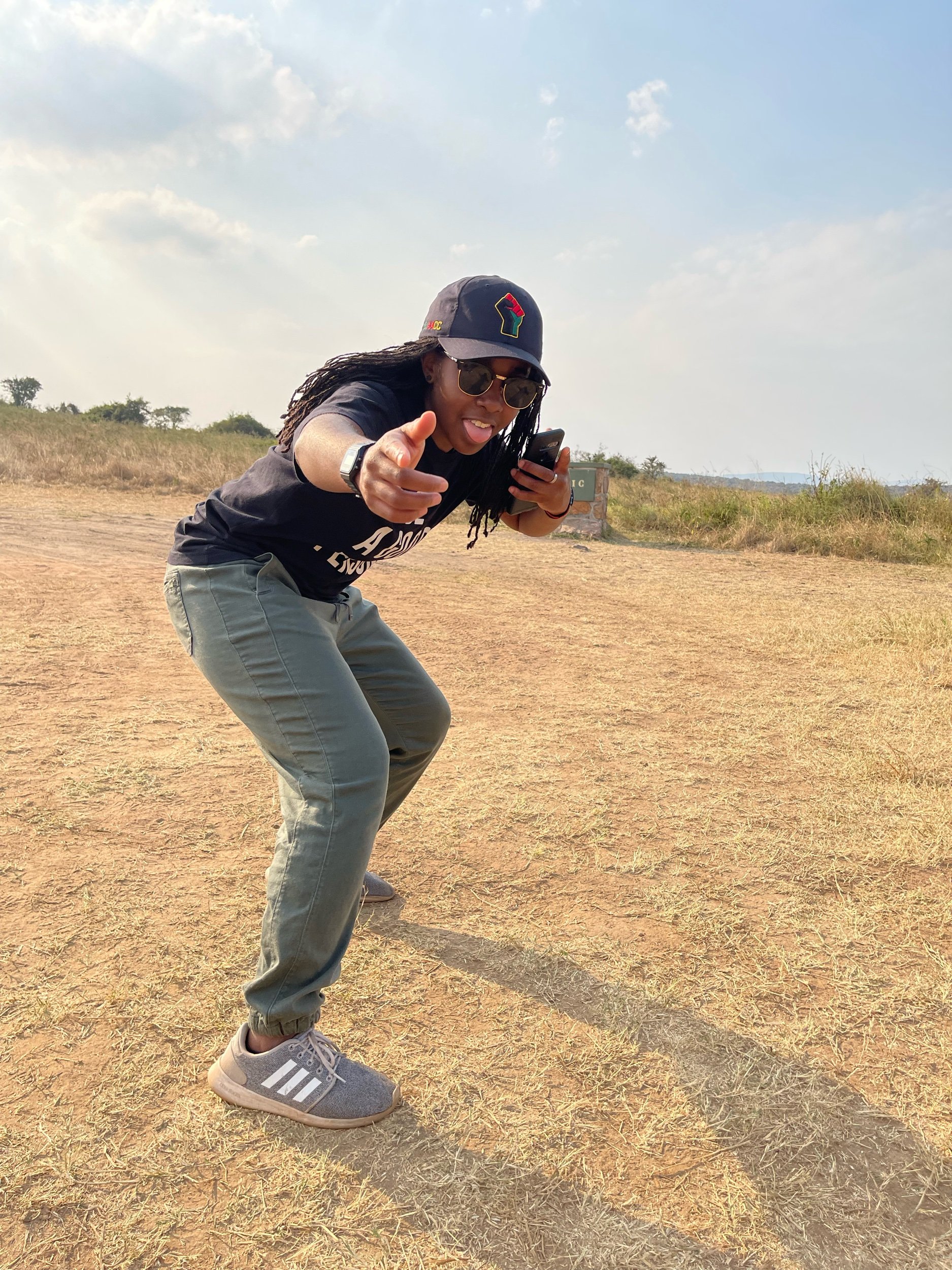
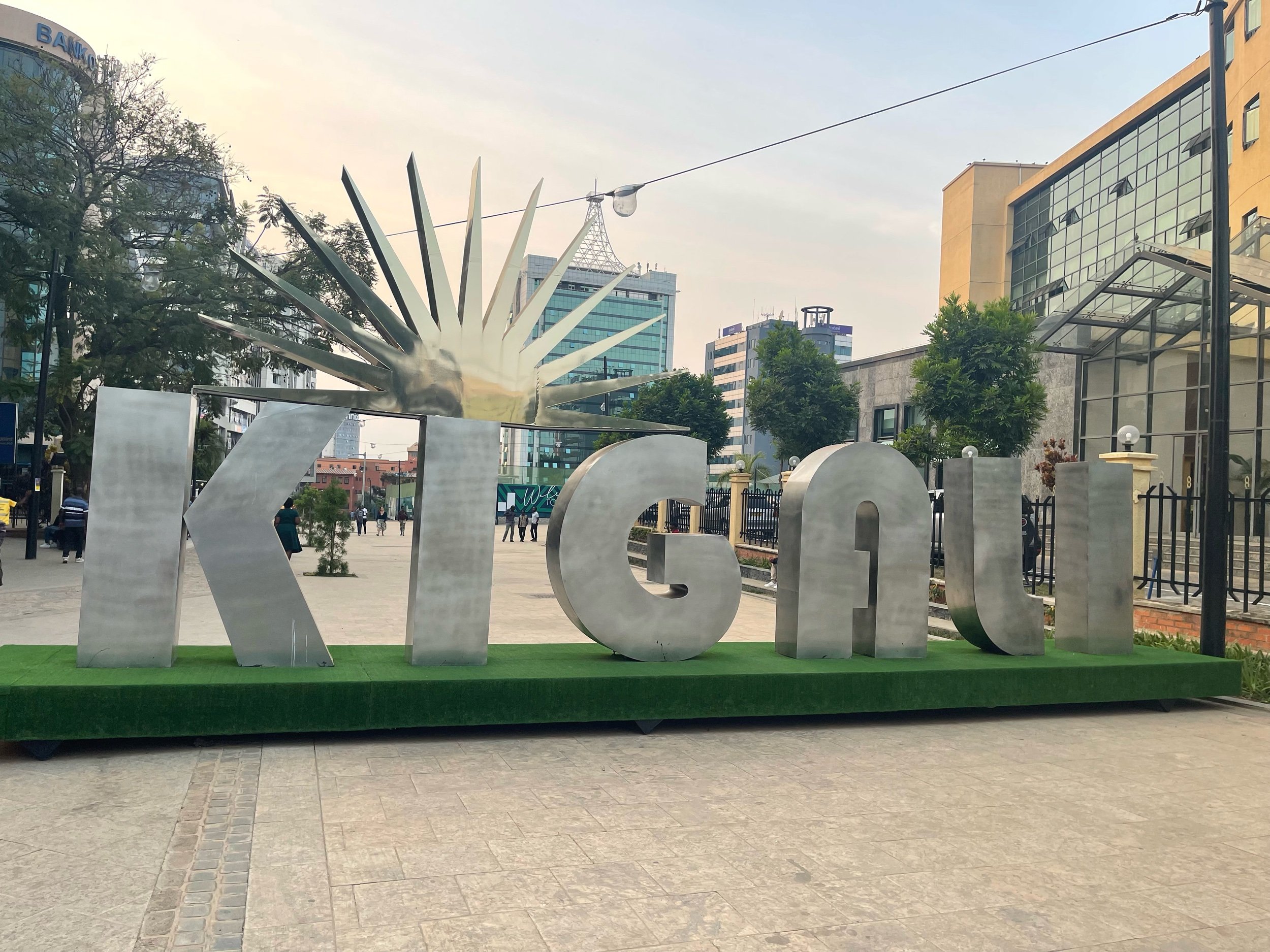
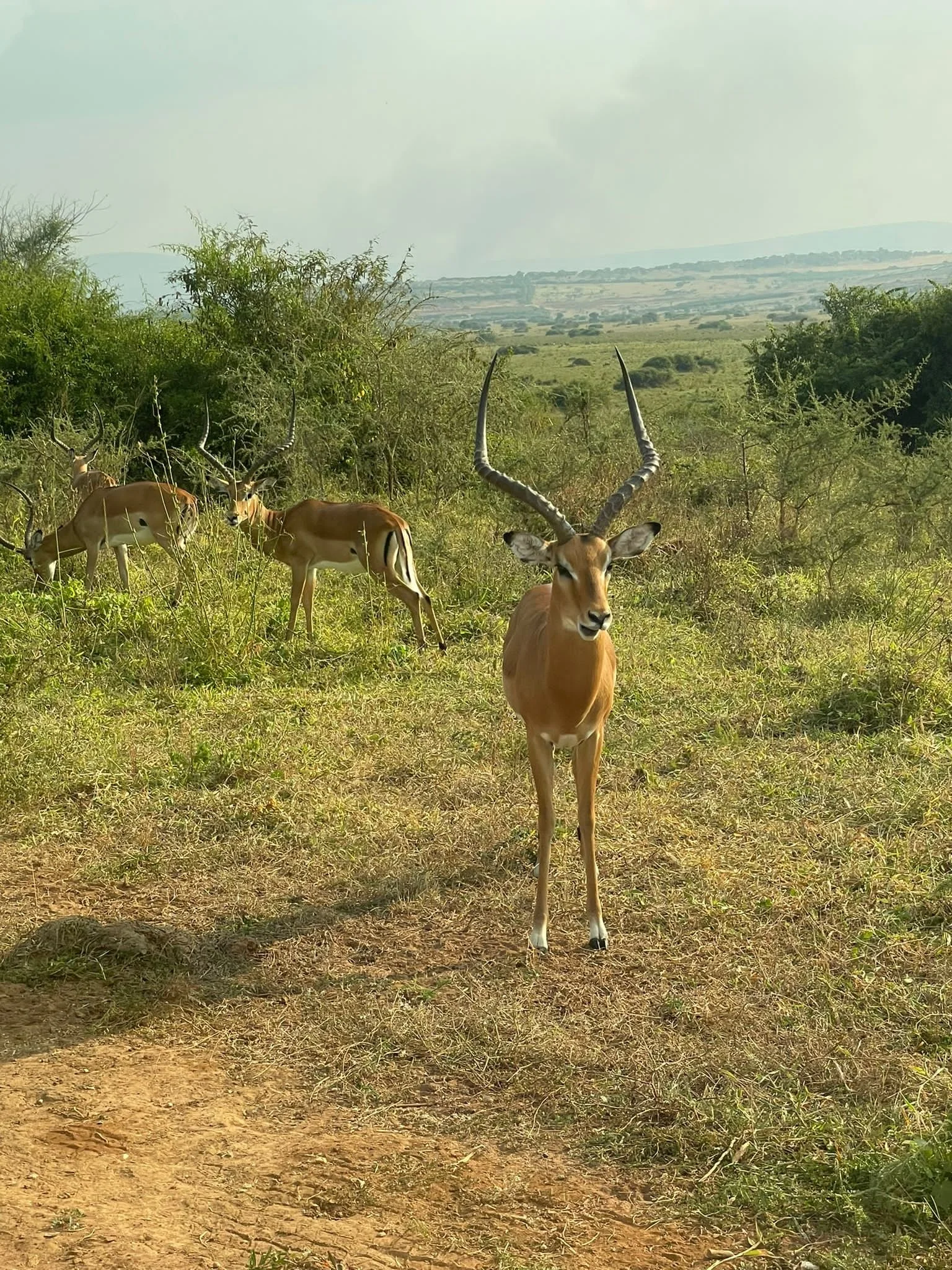
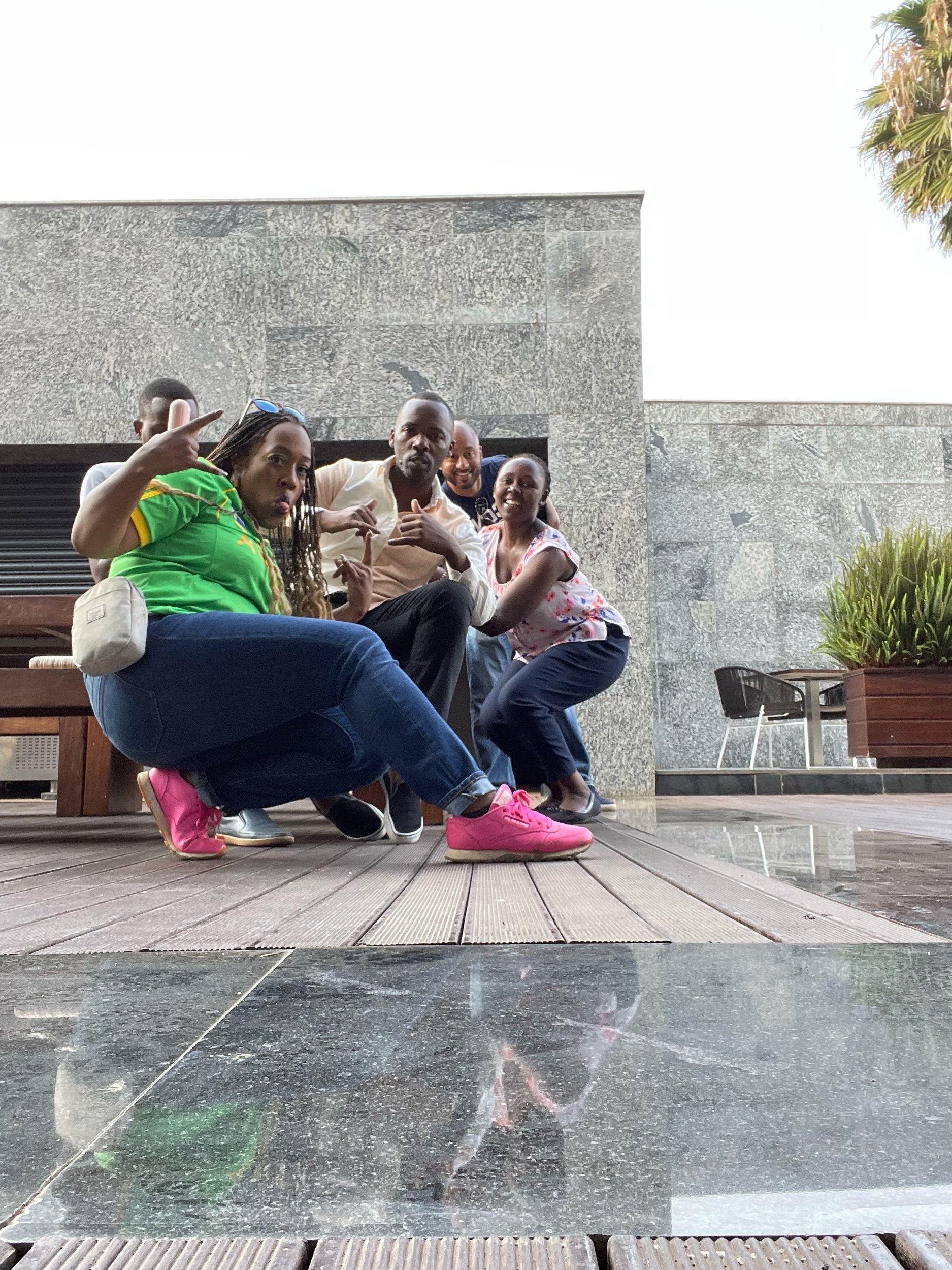
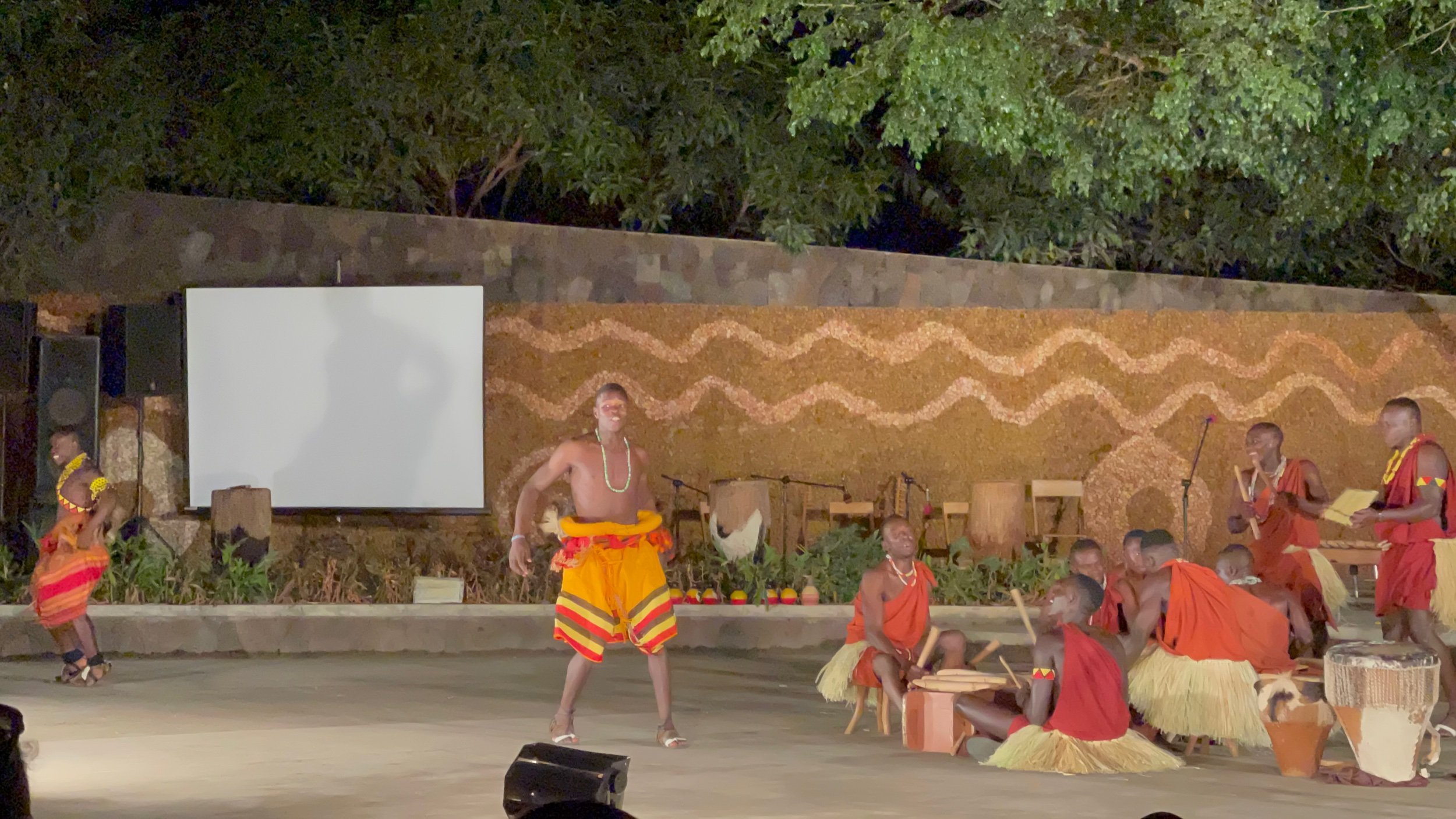
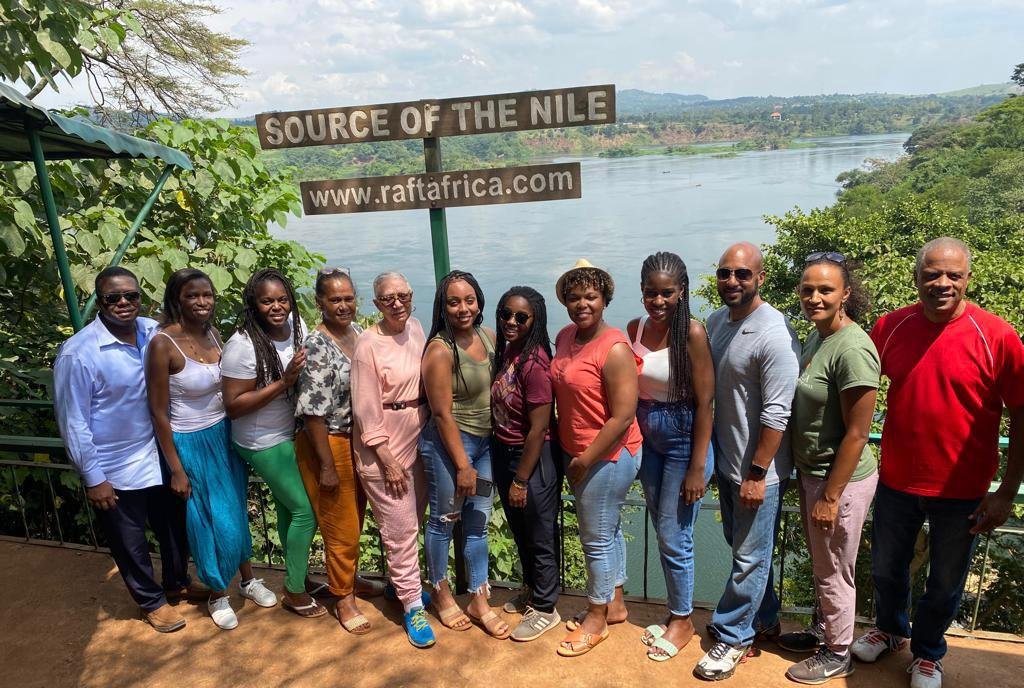

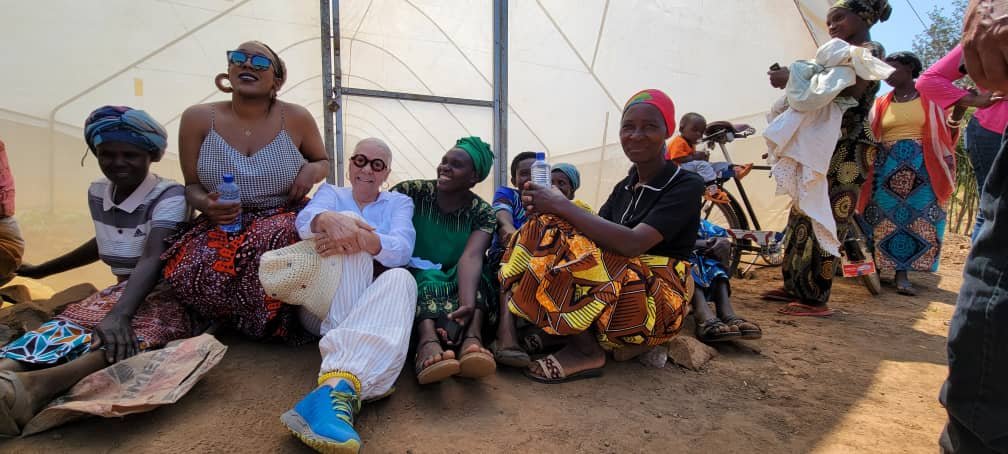
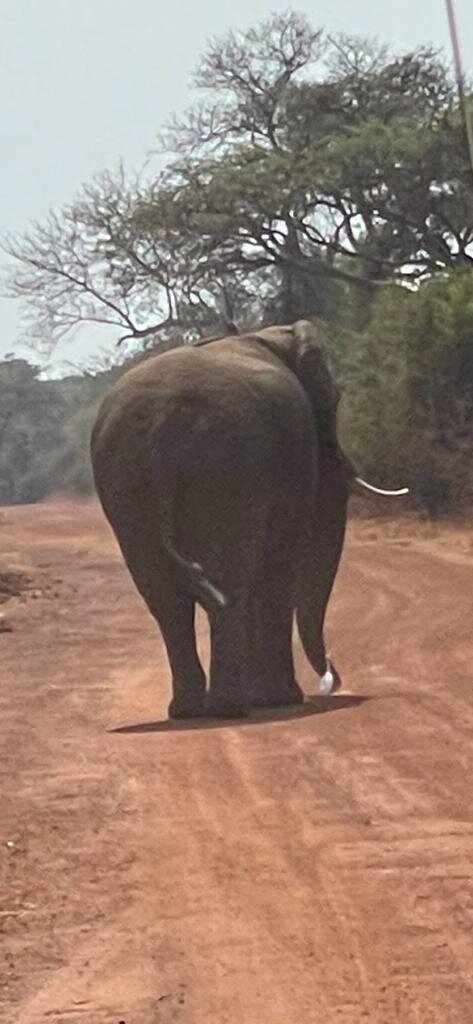
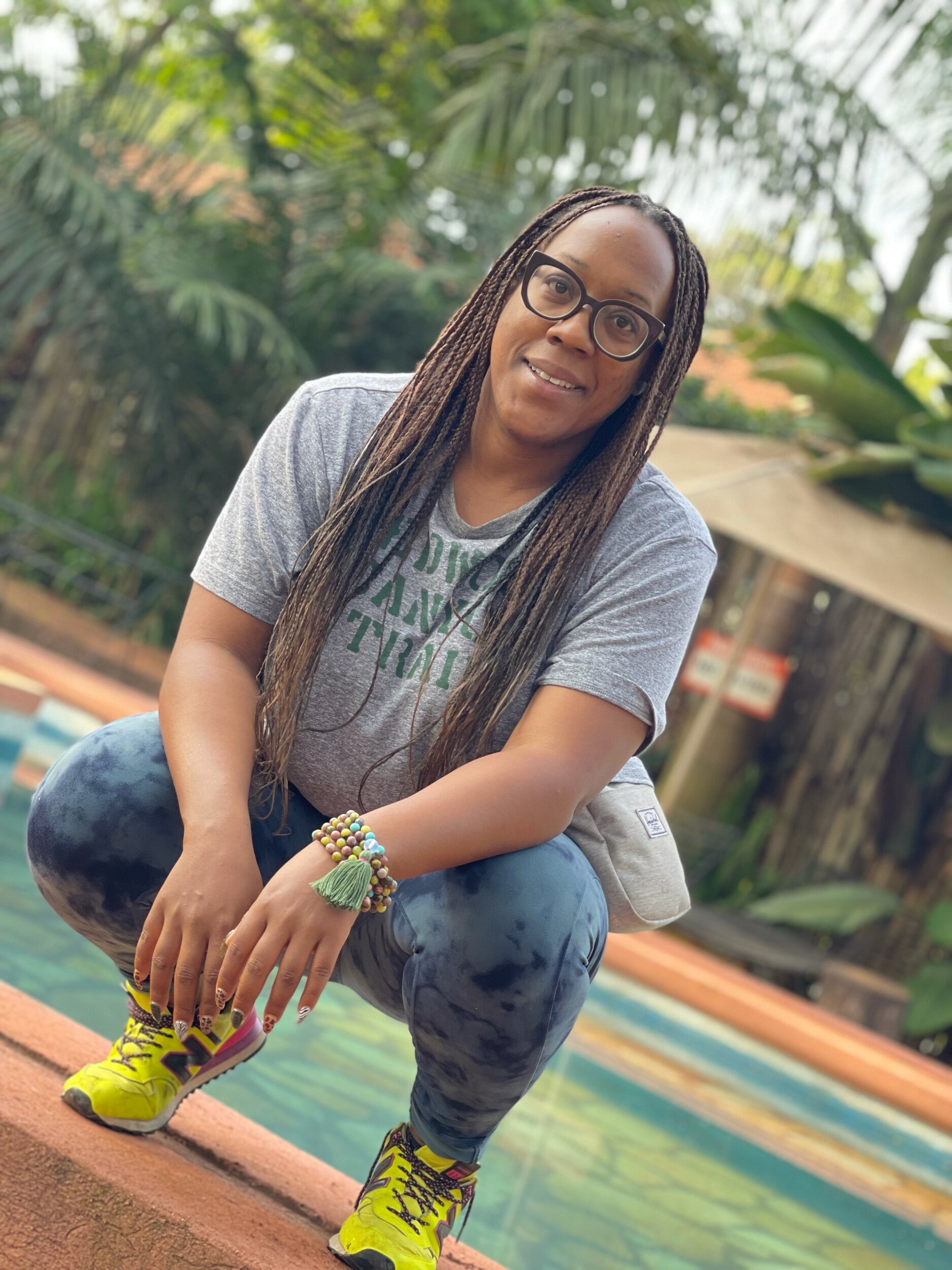
![HTSH2587[1].JPG](https://images.squarespace-cdn.com/content/v1/5b76d7e14eddeccf9f008d7f/1658529916003-TA2XRWHSSZTXU8C2386Q/HTSH2587%5B1%5D.JPG)
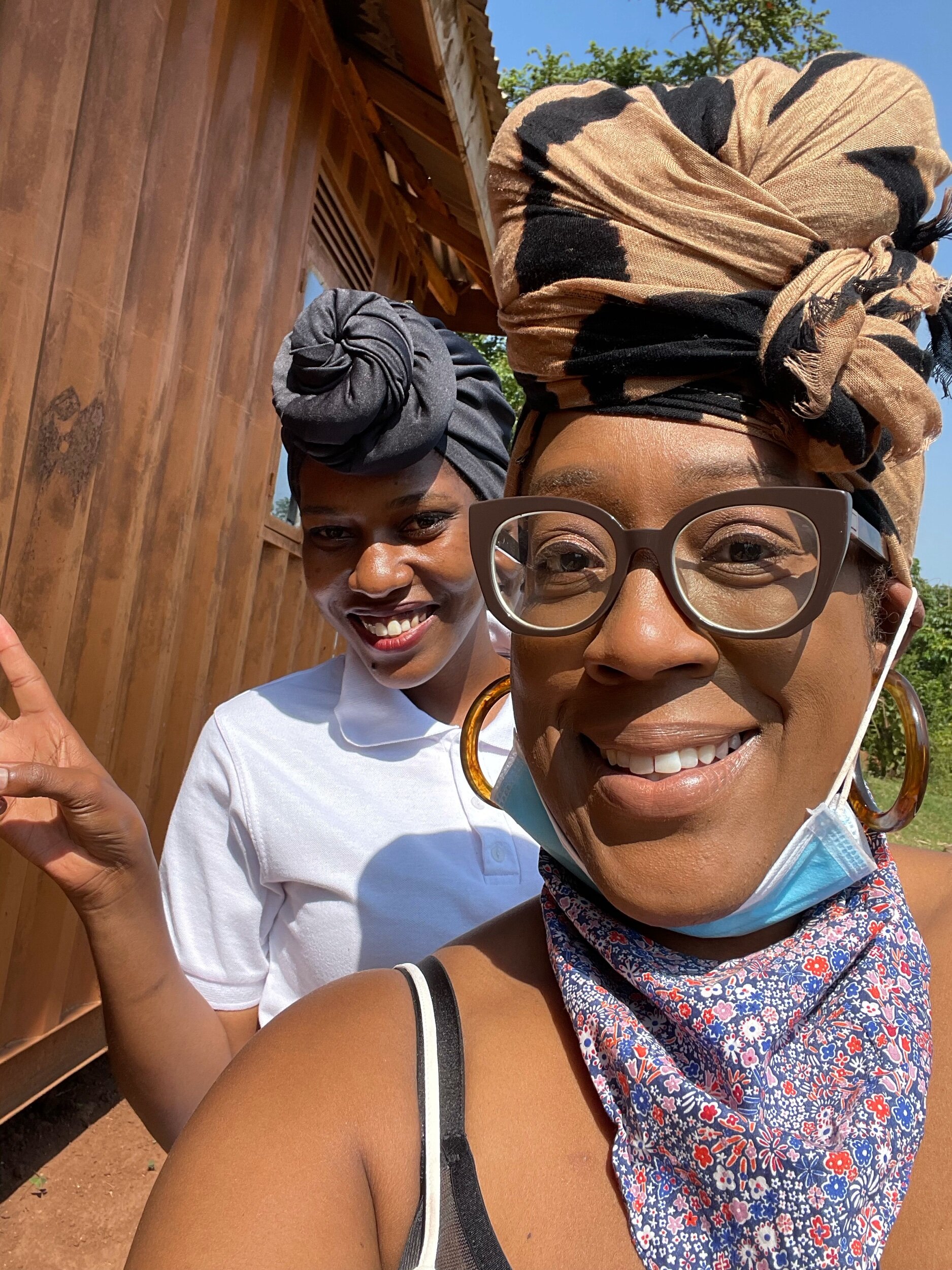
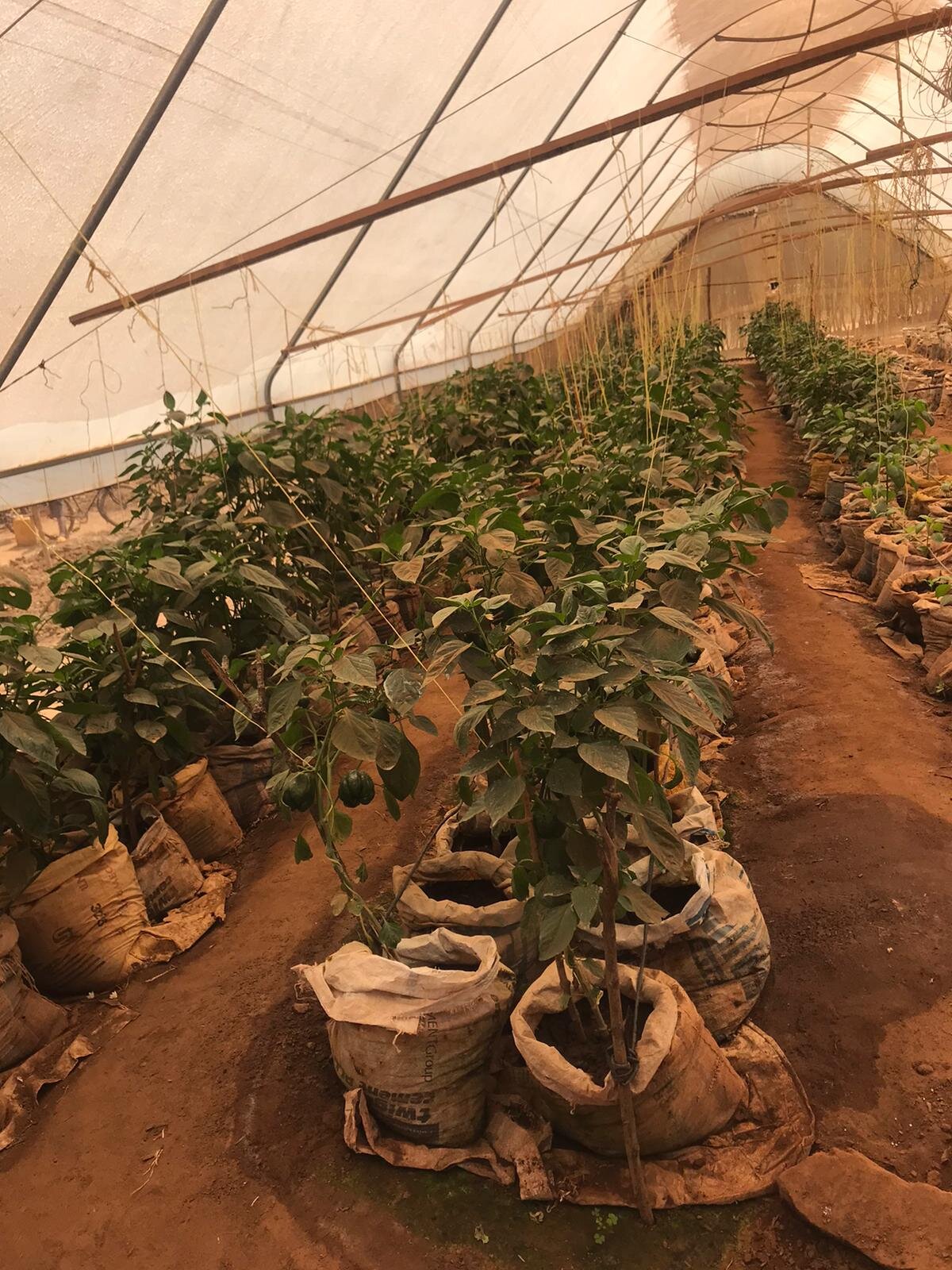
![DVVI9797[1].JPG](https://images.squarespace-cdn.com/content/v1/5b76d7e14eddeccf9f008d7f/1658509268802-Q8GFMLLCFV86CWBPPNYD/DVVI9797%5B1%5D.JPG)
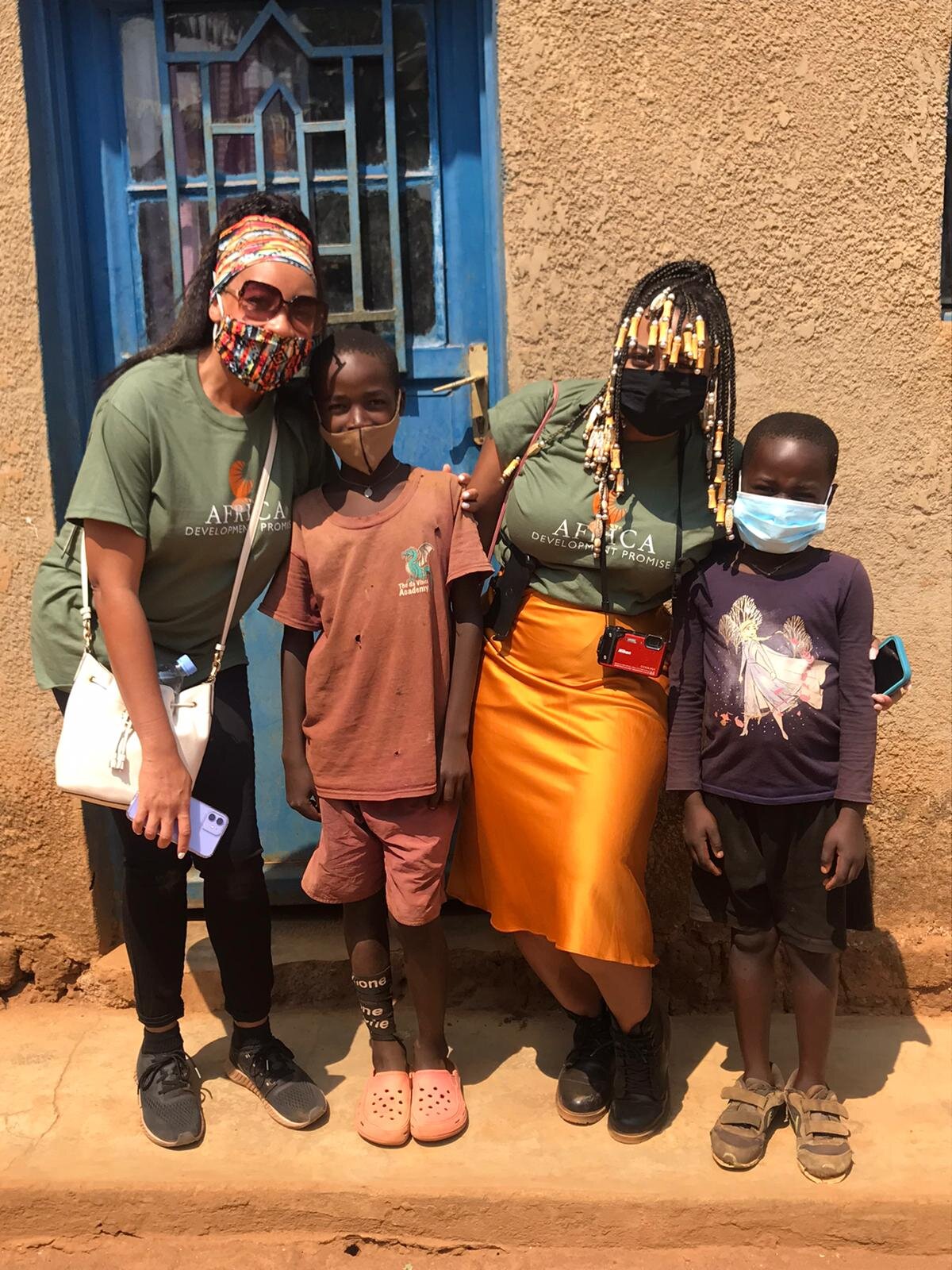
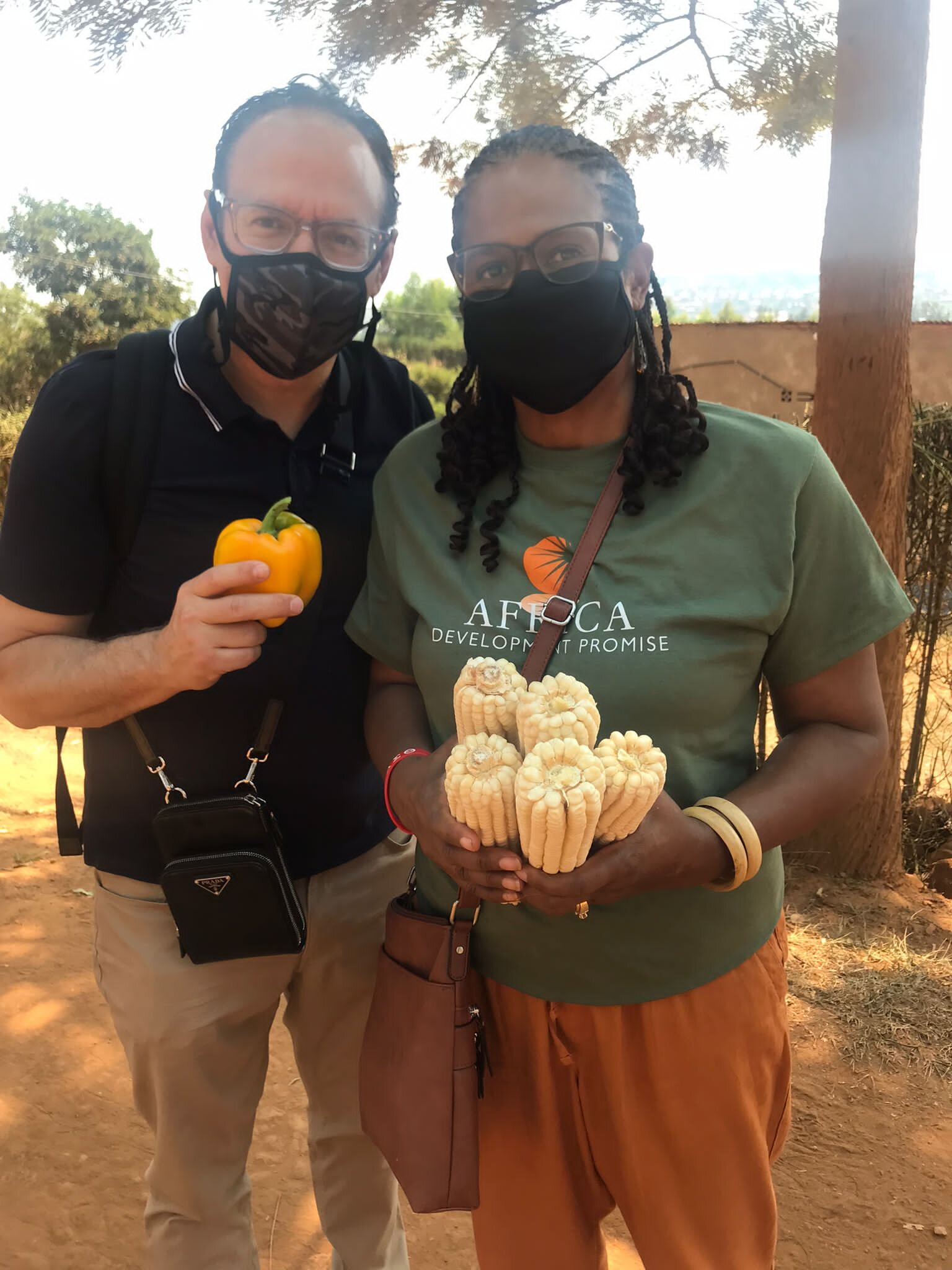
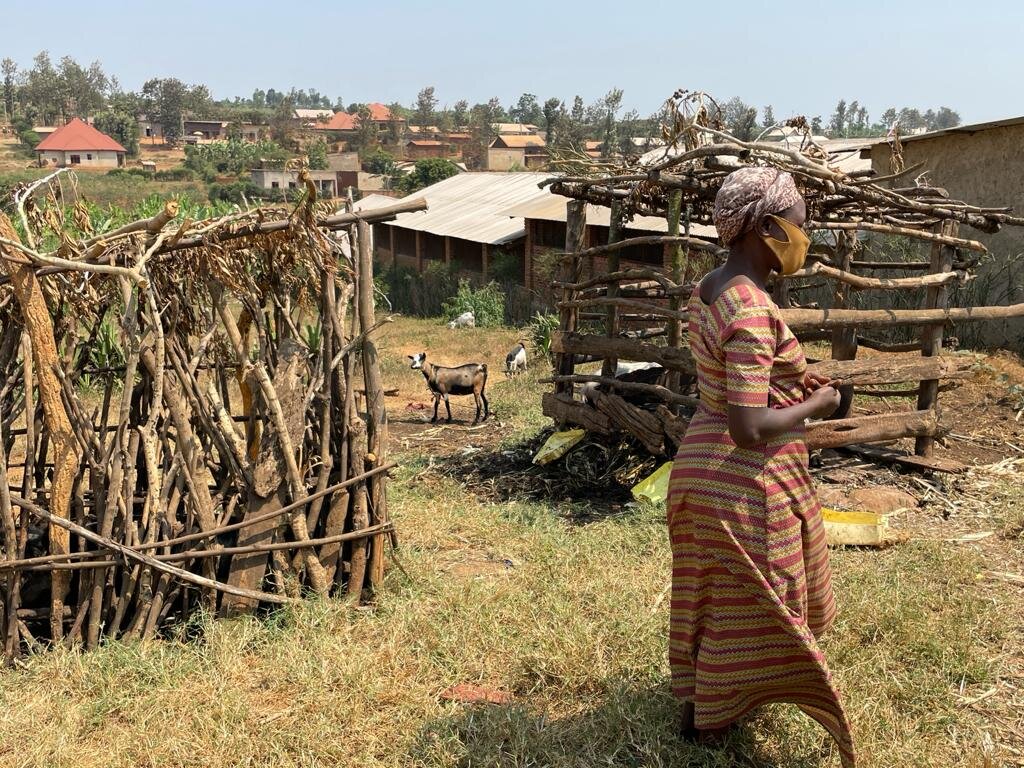
![CHMH3986[1].JPG](https://images.squarespace-cdn.com/content/v1/5b76d7e14eddeccf9f008d7f/1658509017115-PFD2L4LJQ4WP8UU8028G/CHMH3986%5B1%5D.JPG)
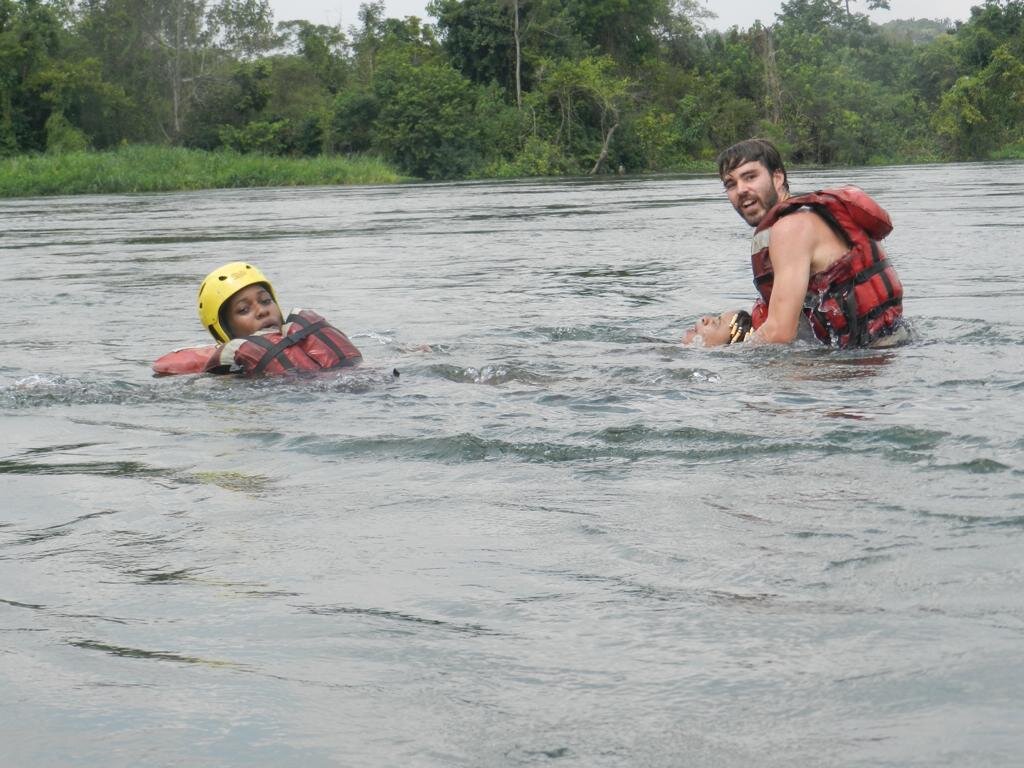
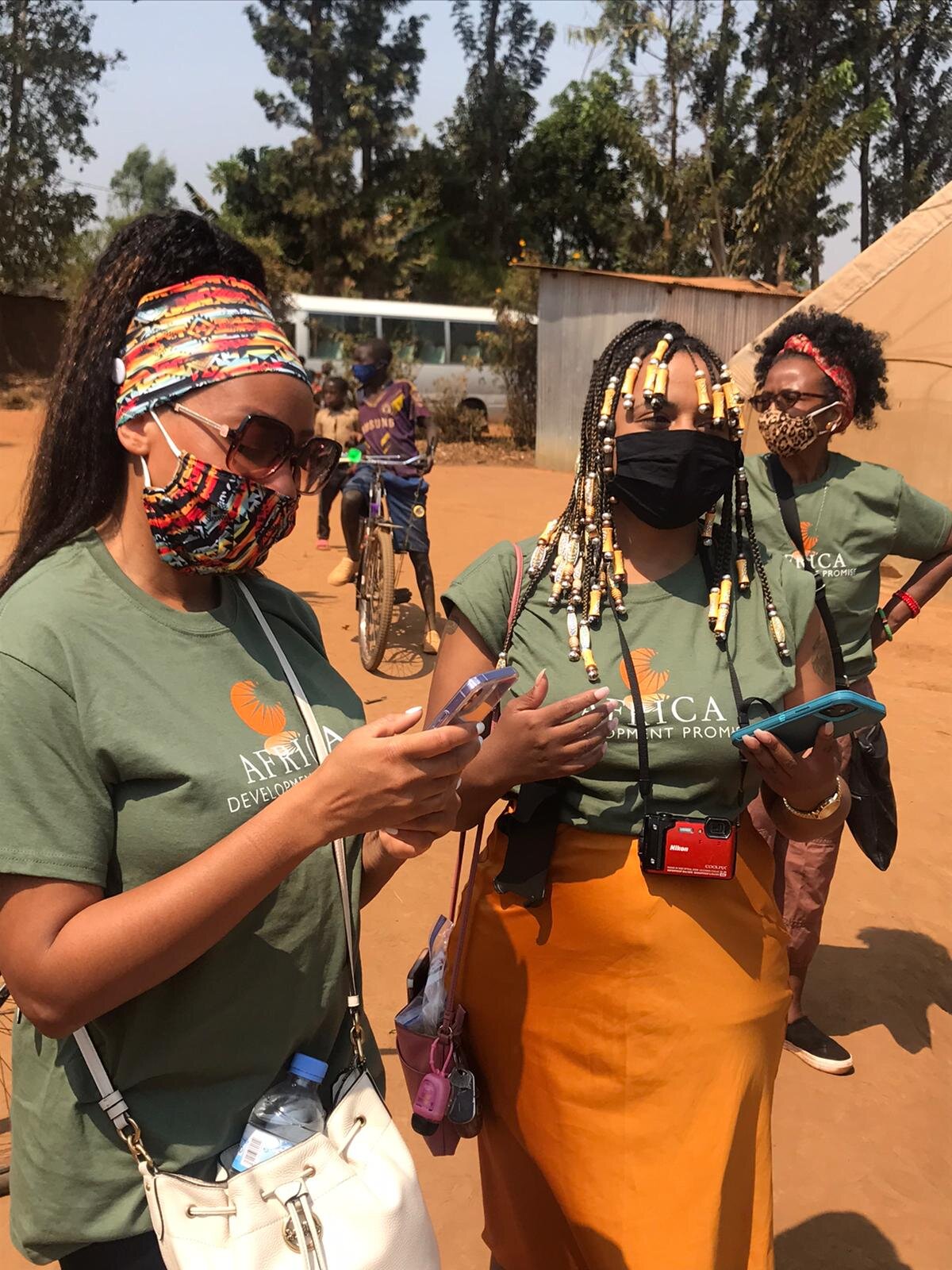
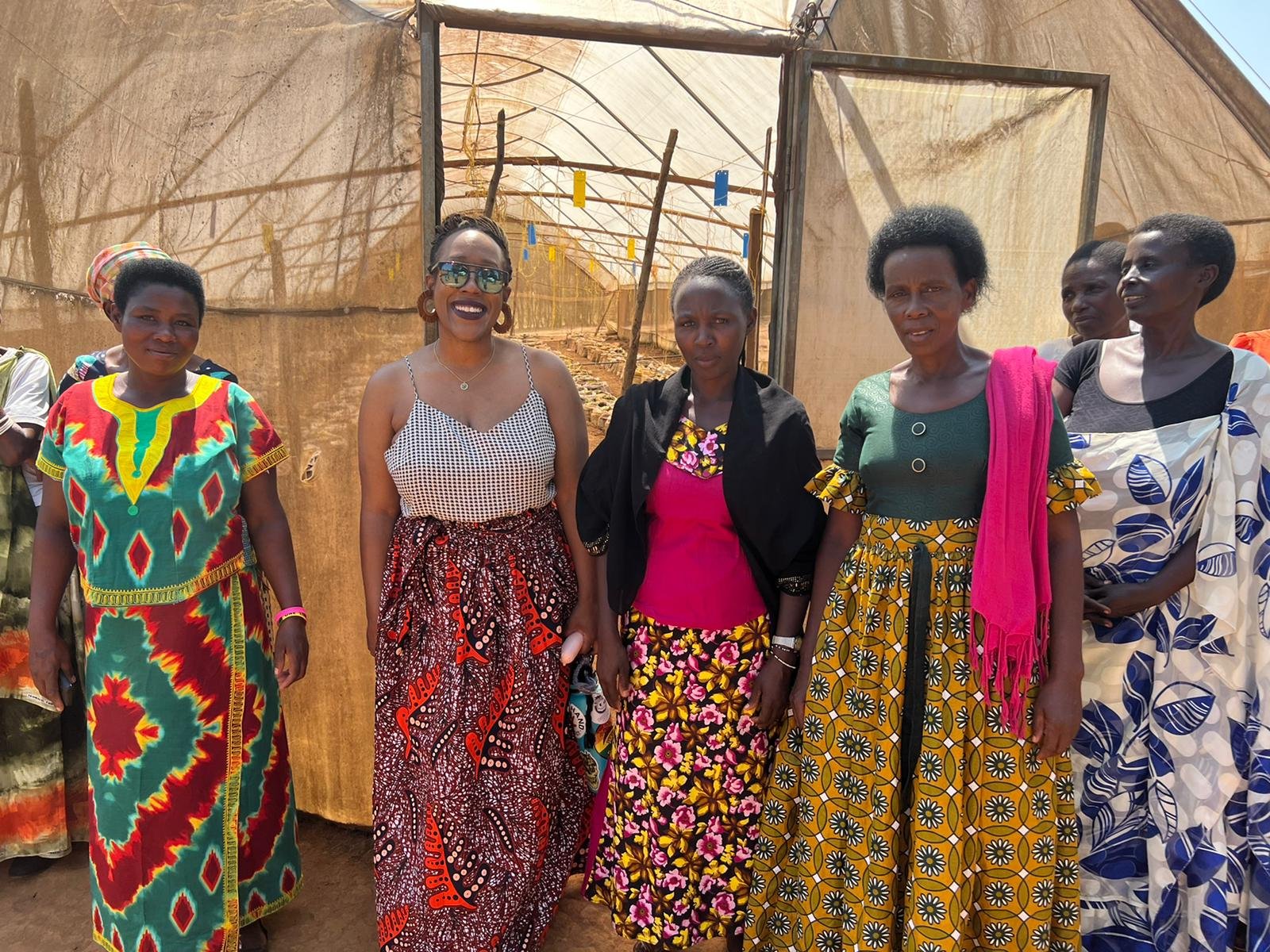
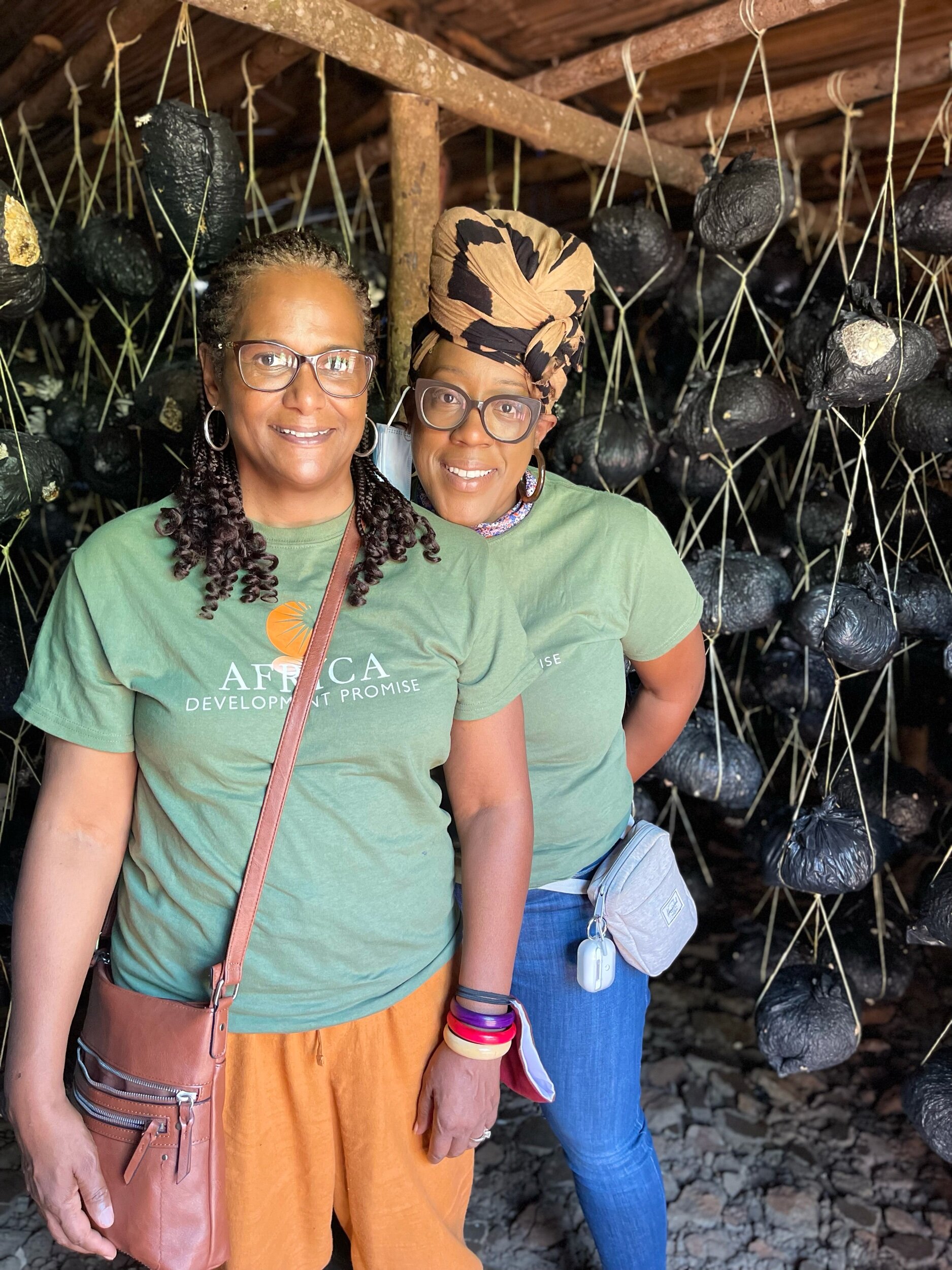
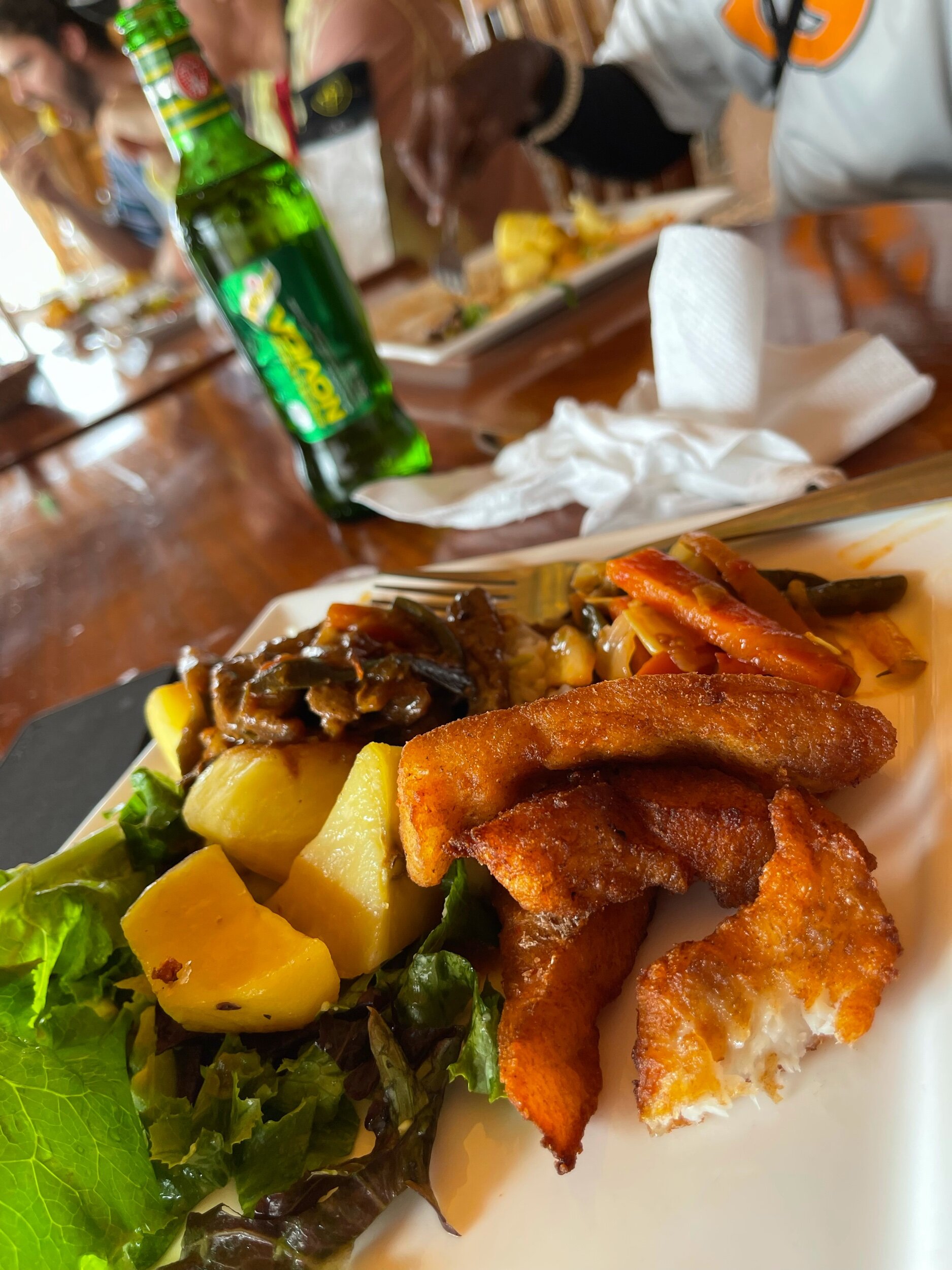
![CCUF2602[1].JPG](https://images.squarespace-cdn.com/content/v1/5b76d7e14eddeccf9f008d7f/1658509121533-9HQ8XPWWJI0OHSOZODD7/CCUF2602%5B1%5D.JPG)
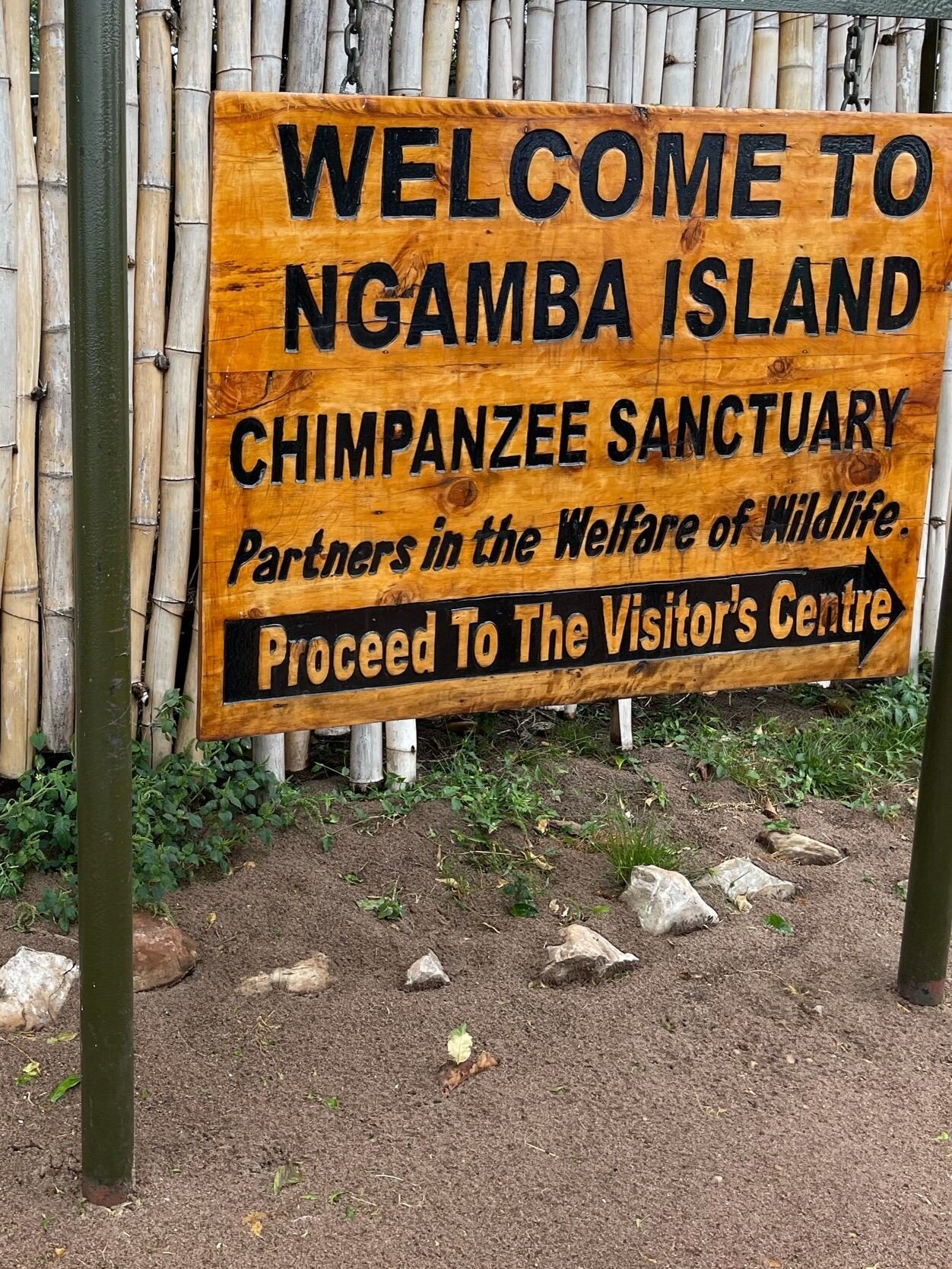
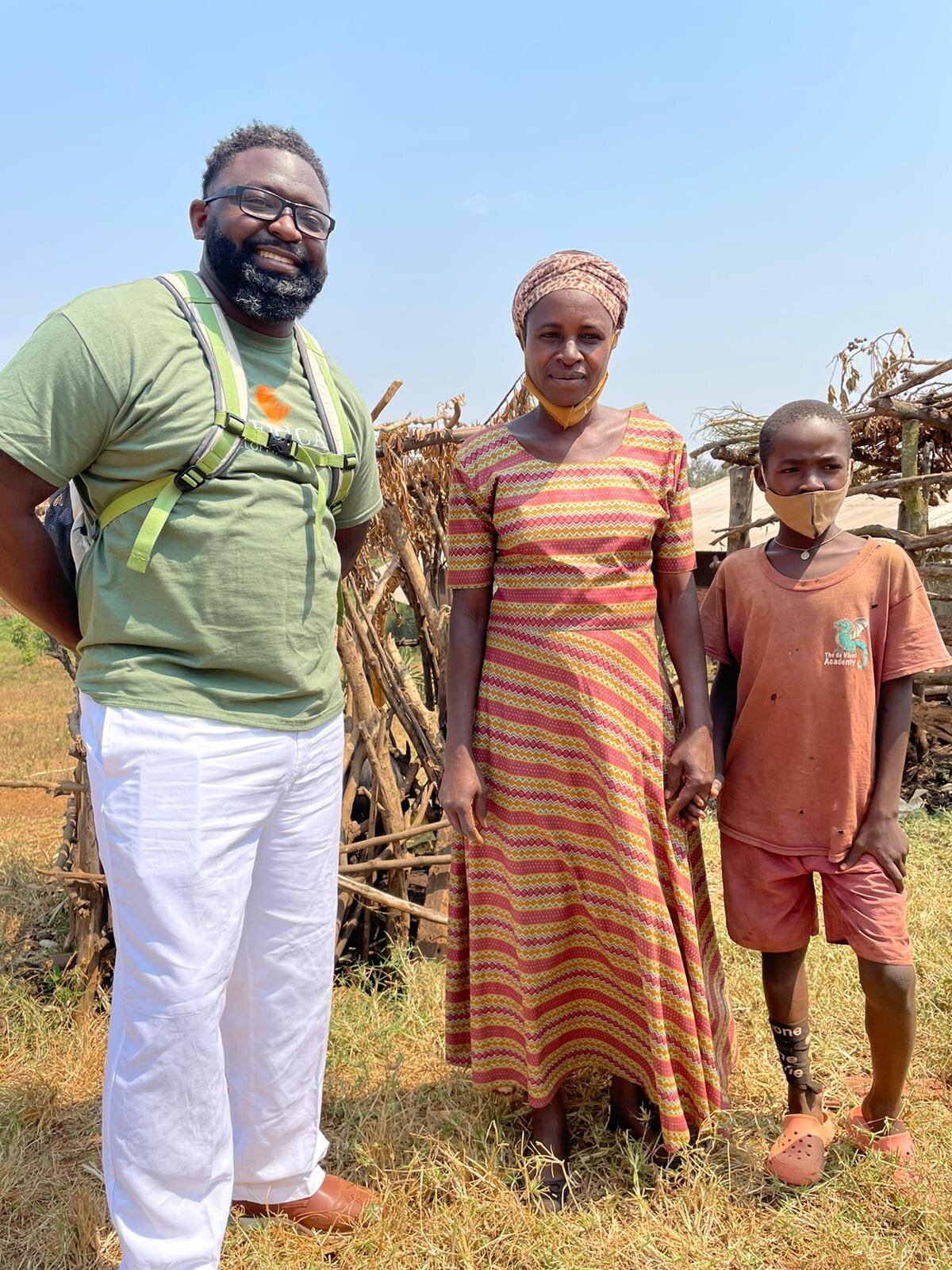
![AOBE2380[1].JPG](https://images.squarespace-cdn.com/content/v1/5b76d7e14eddeccf9f008d7f/1658509364736-4Z3EOXH3FFU8I51GMQP4/AOBE2380%5B1%5D.JPG)
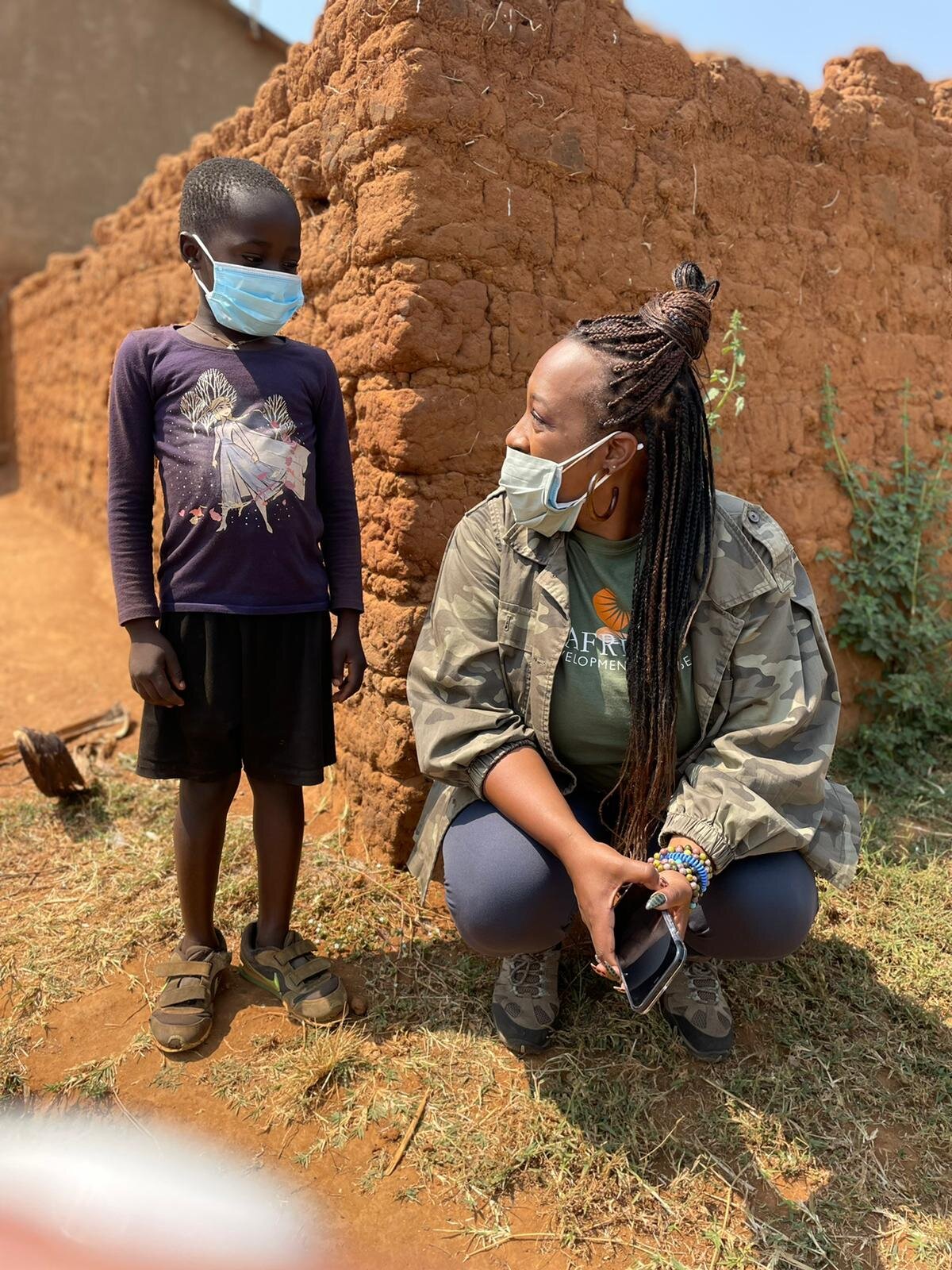
![APNU9259[1].JPG](https://images.squarespace-cdn.com/content/v1/5b76d7e14eddeccf9f008d7f/1658530070867-Q2KIW39KK3ED6MO5K7X4/APNU9259%5B1%5D.JPG)
